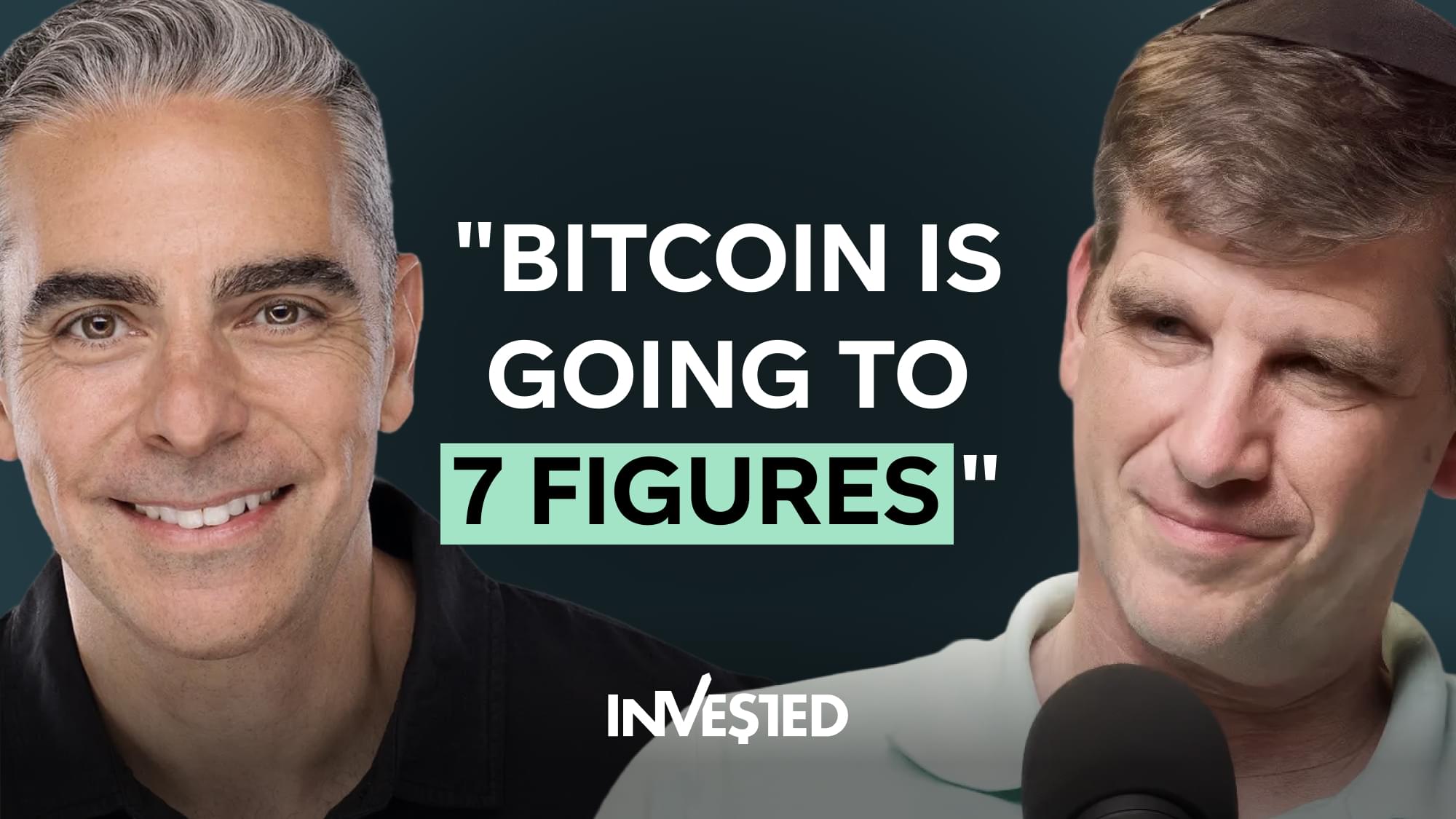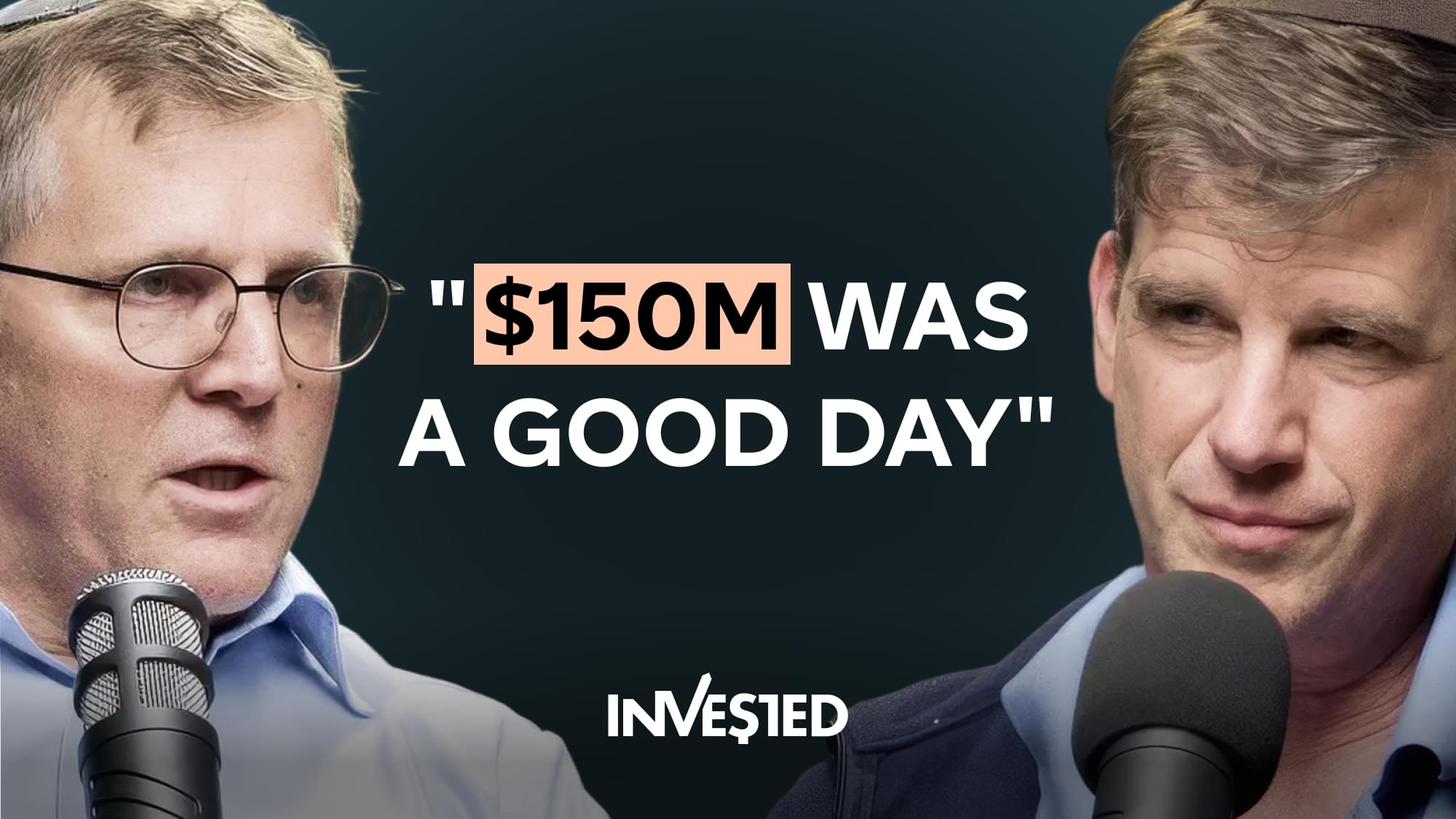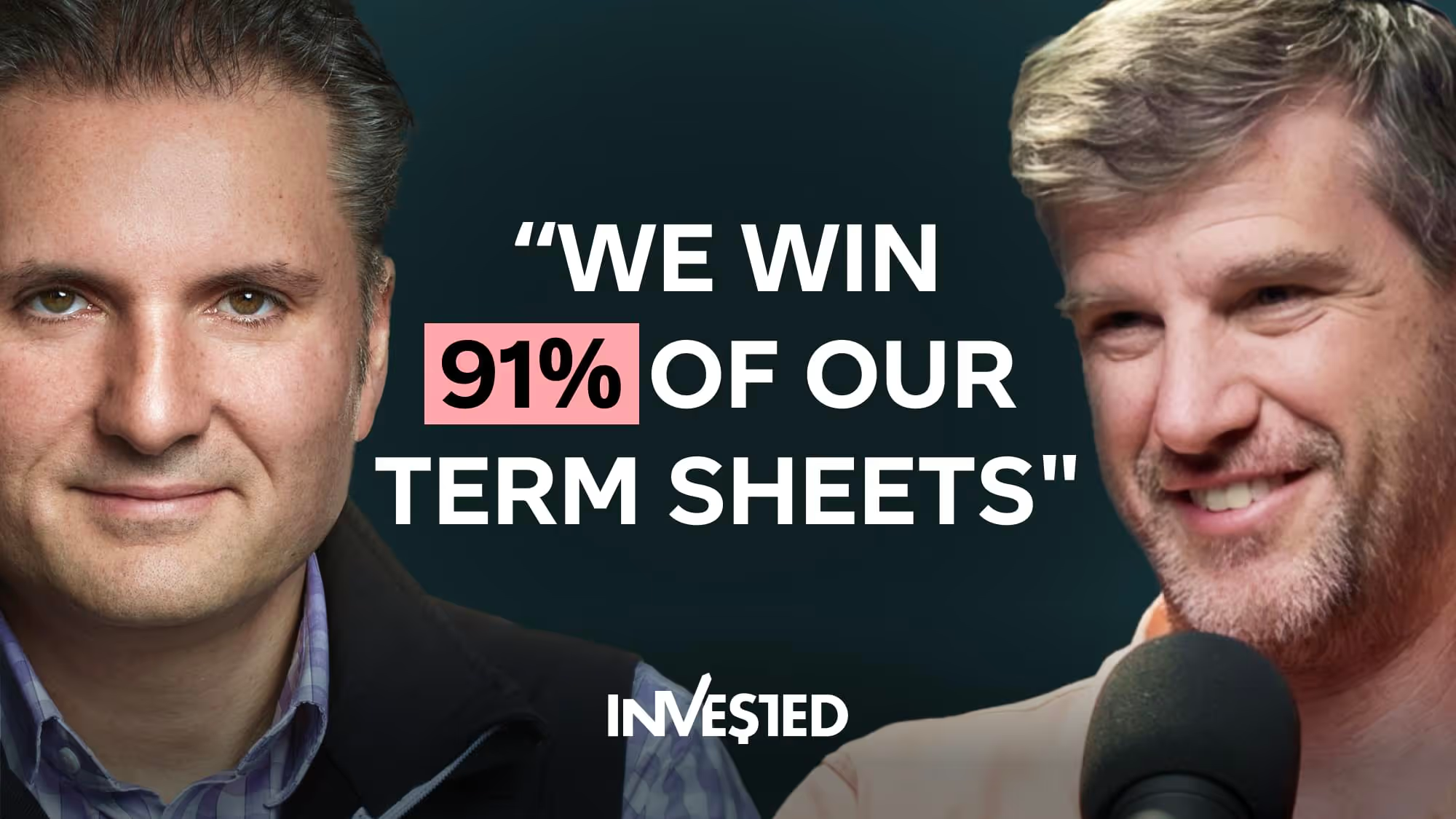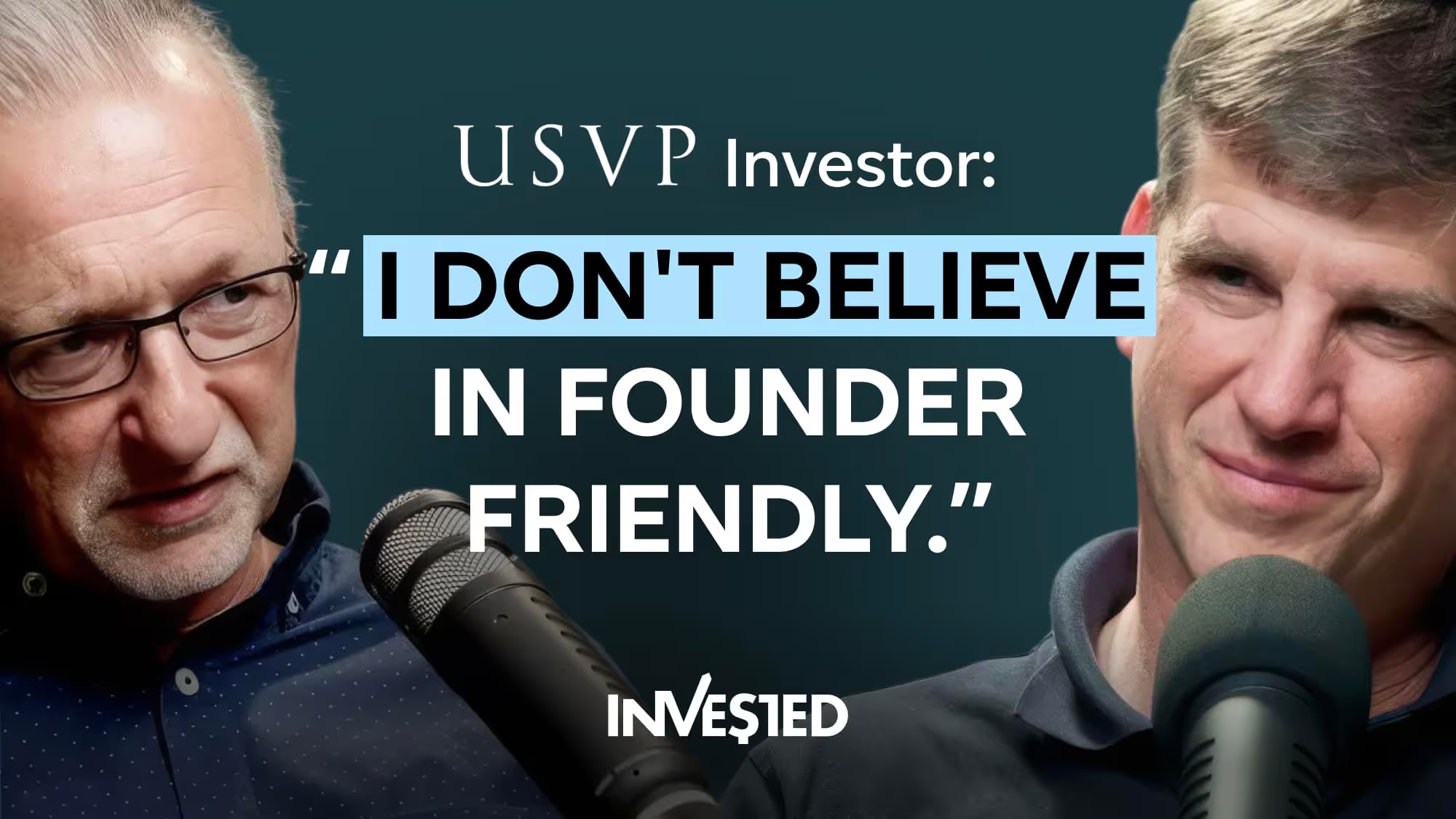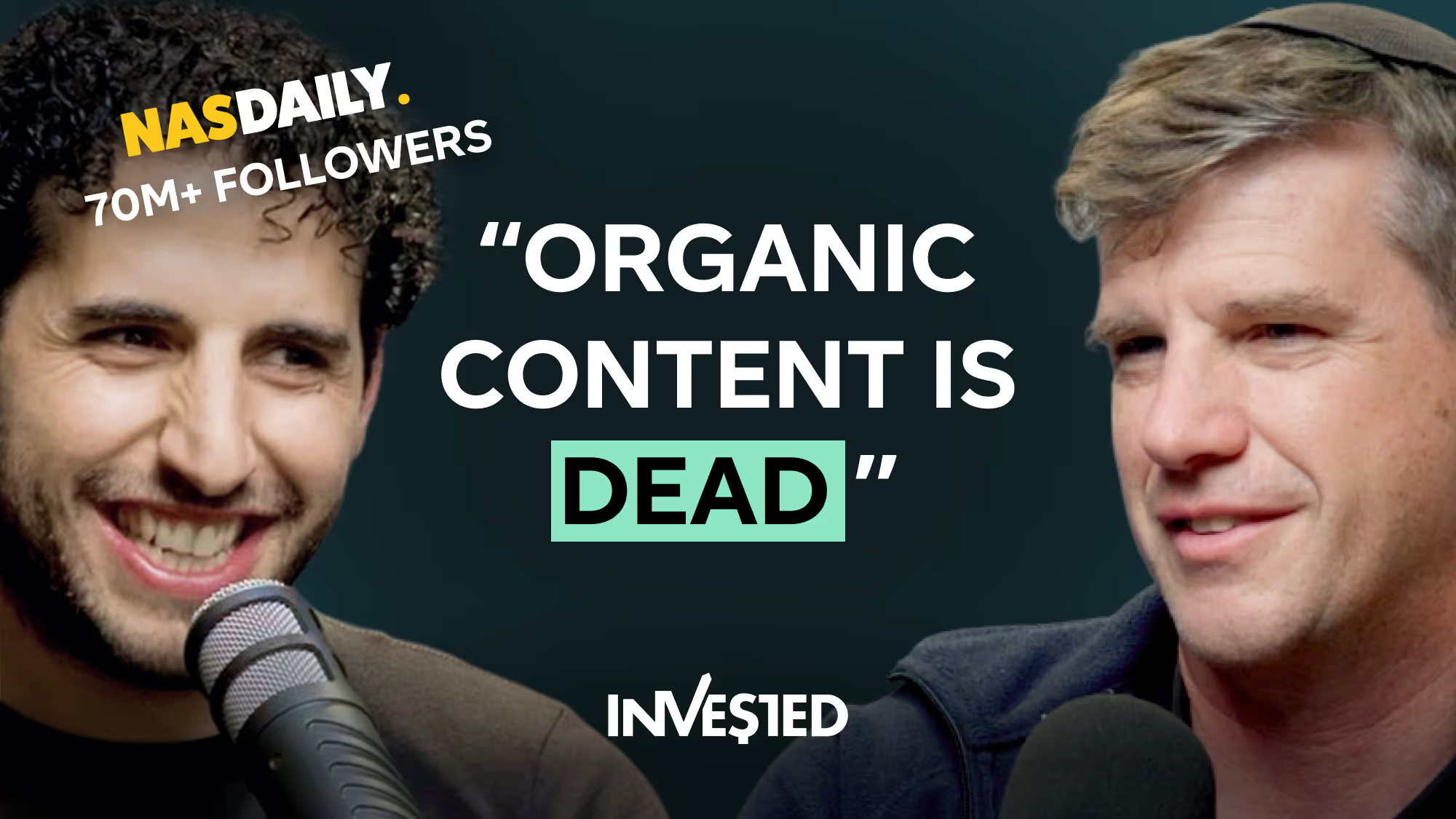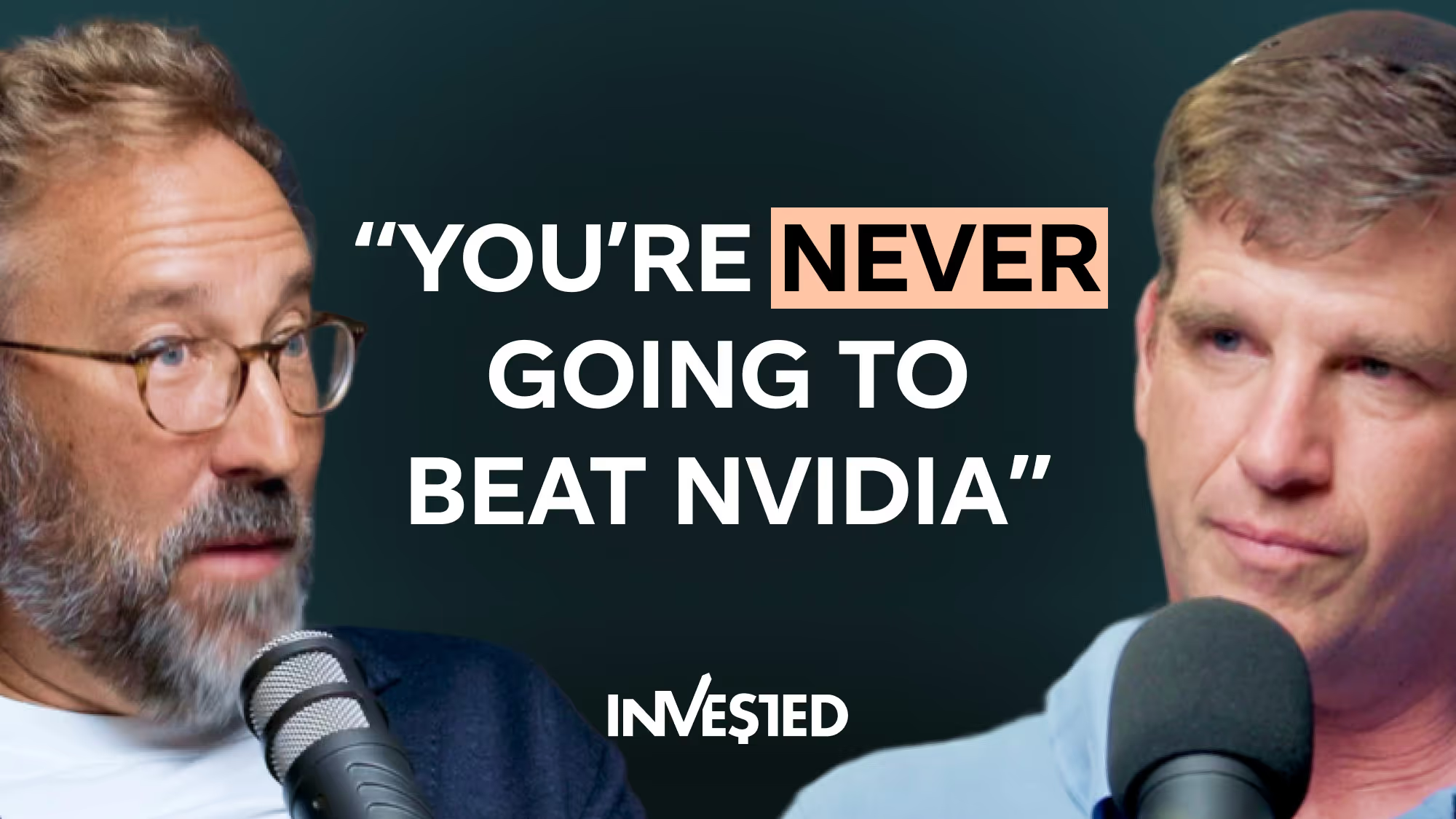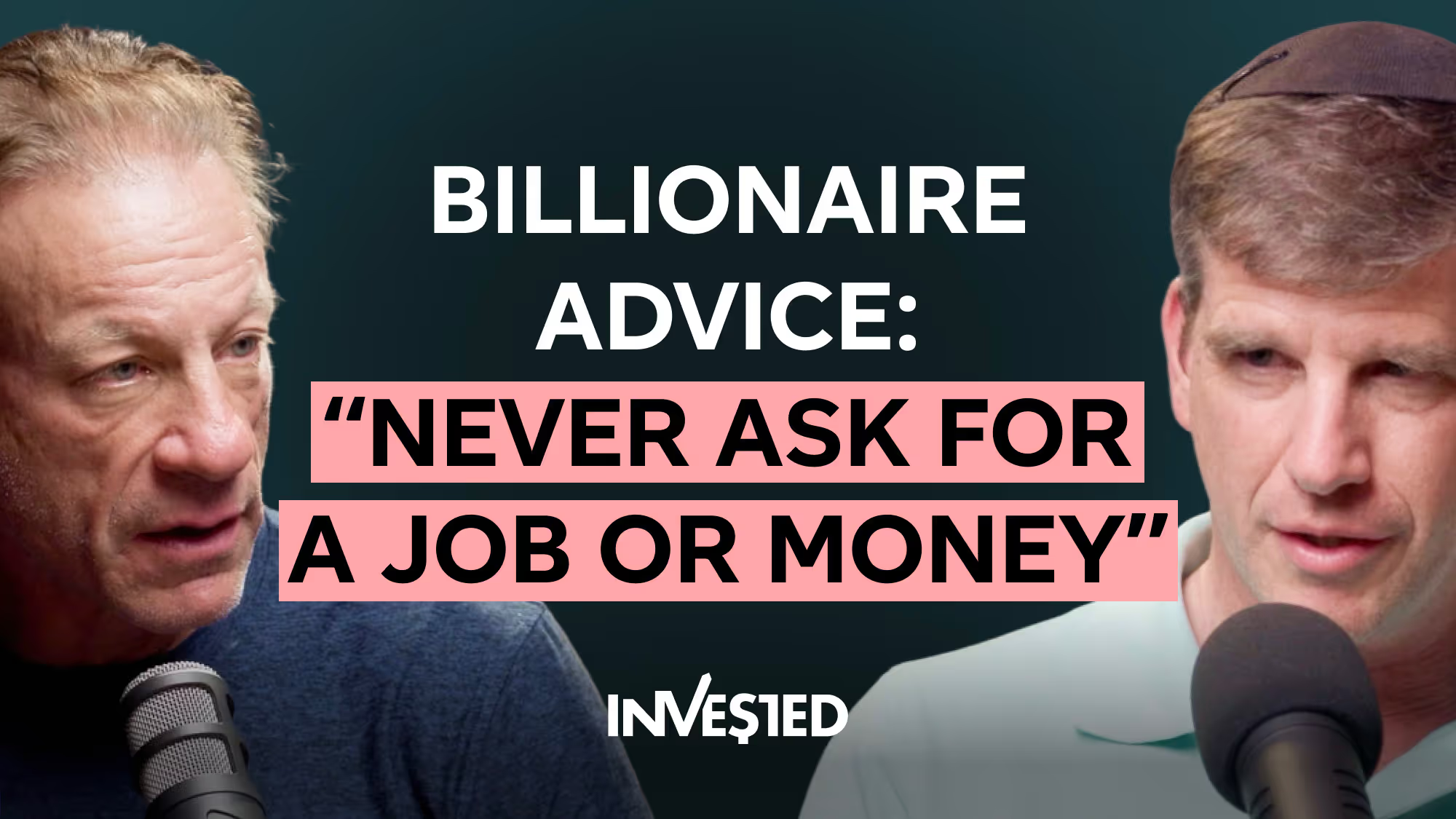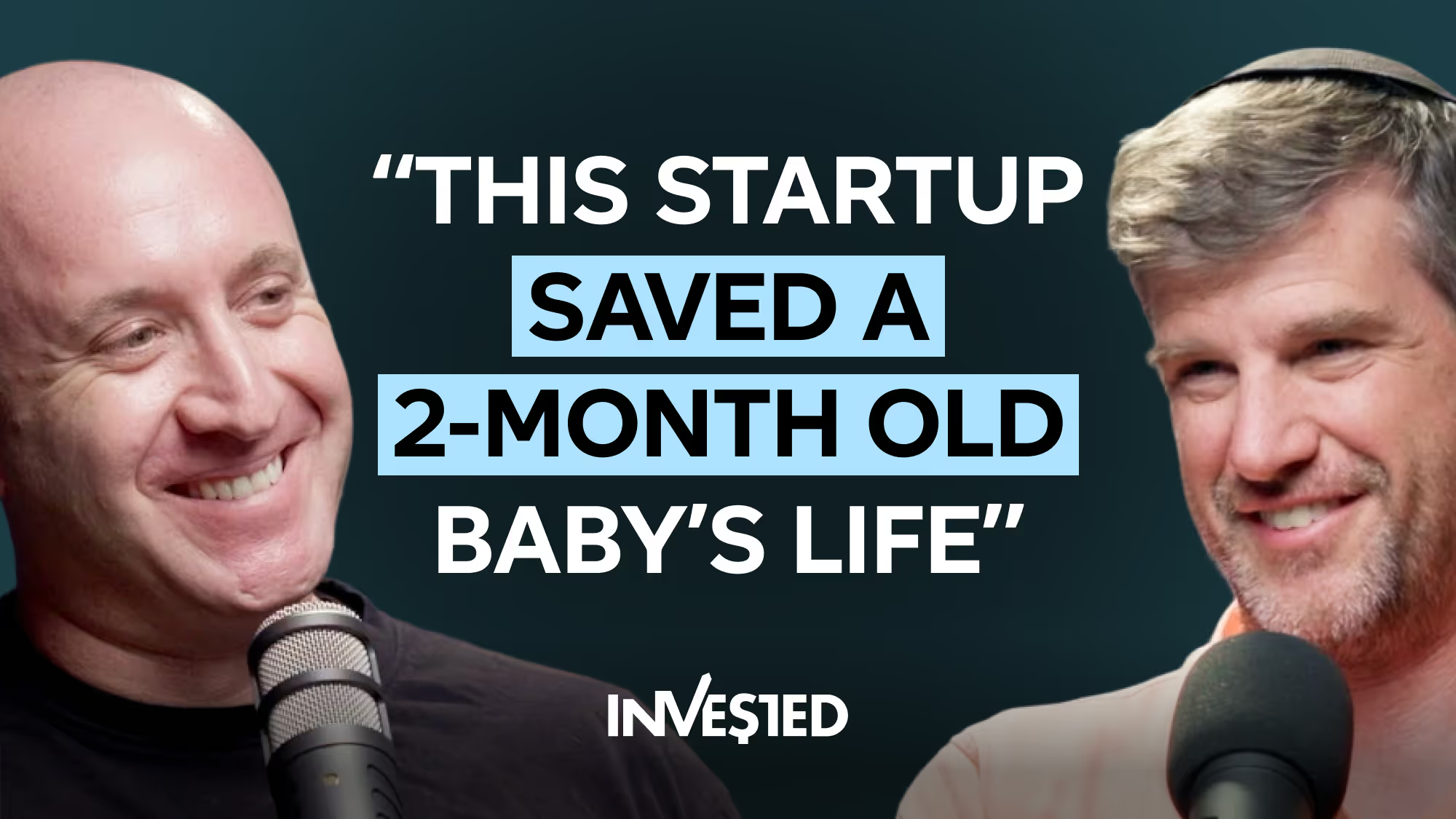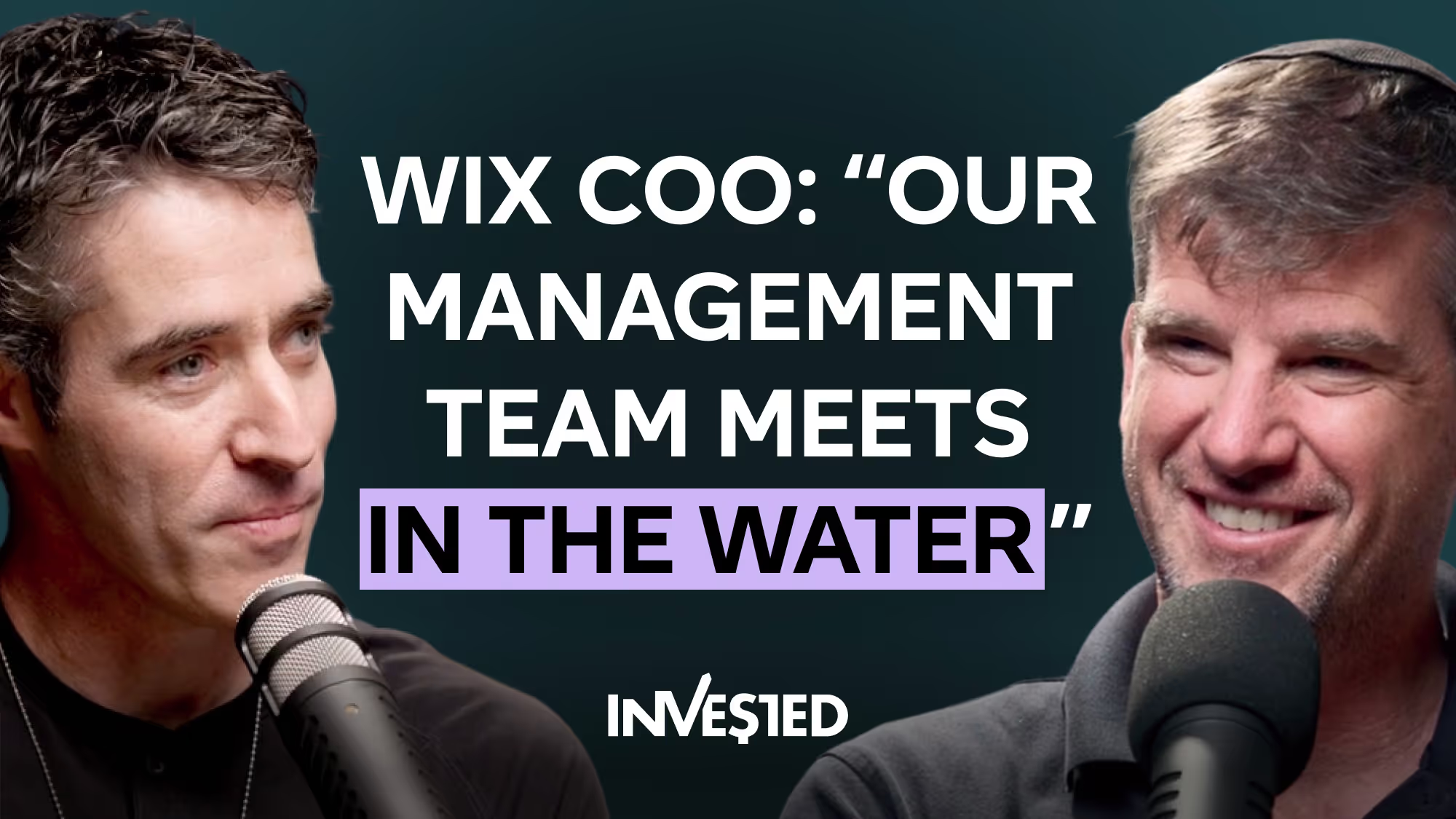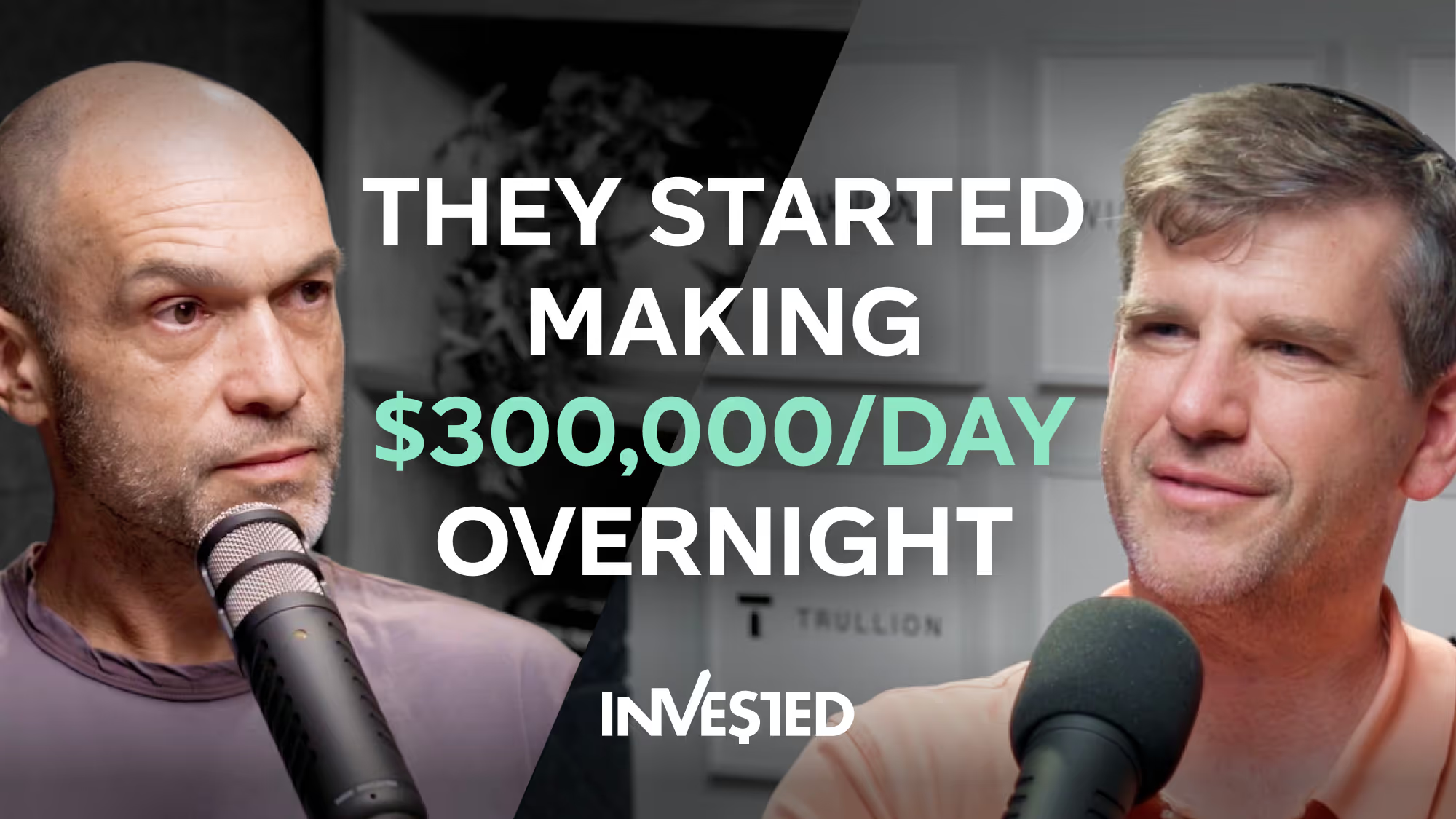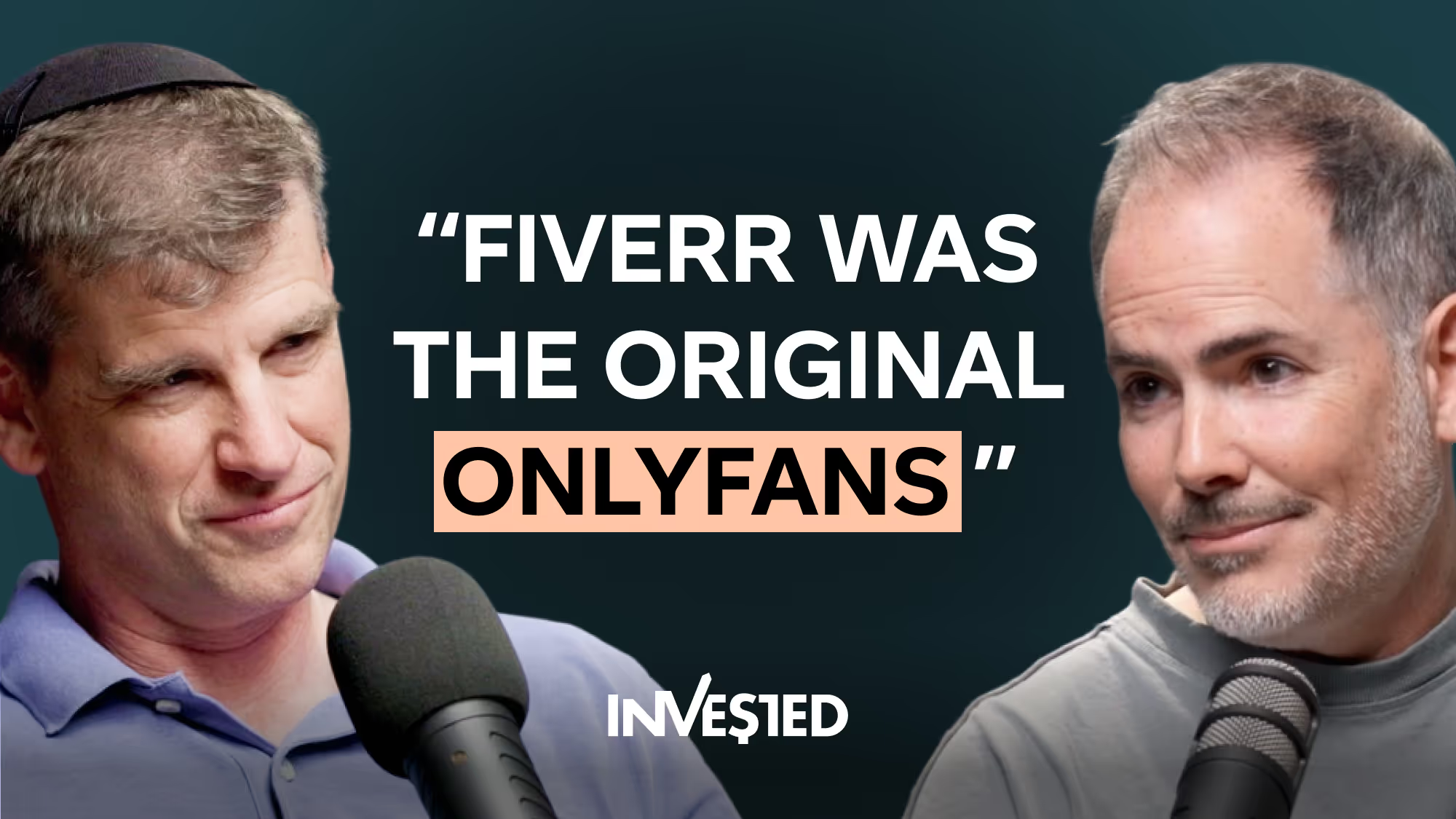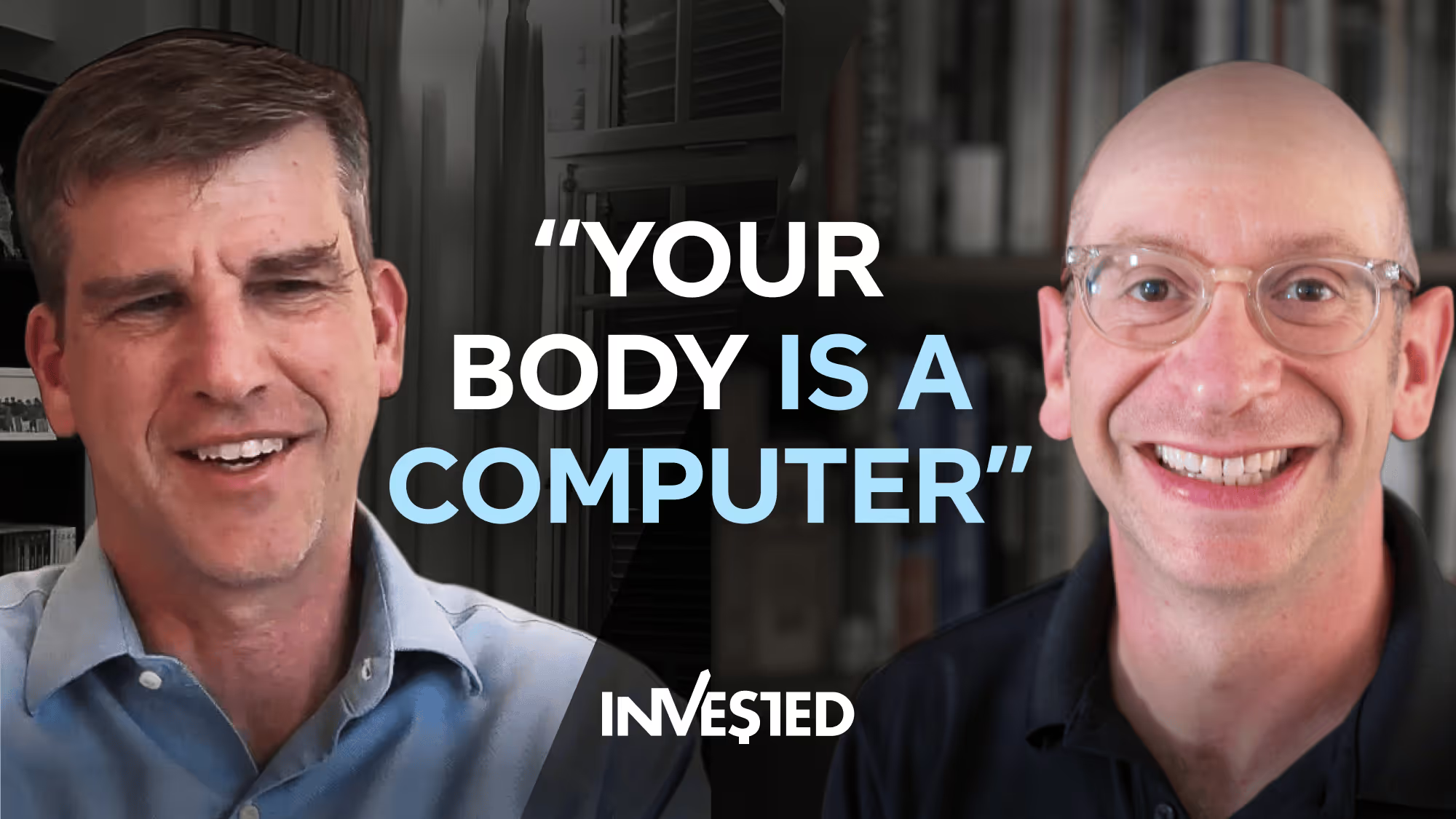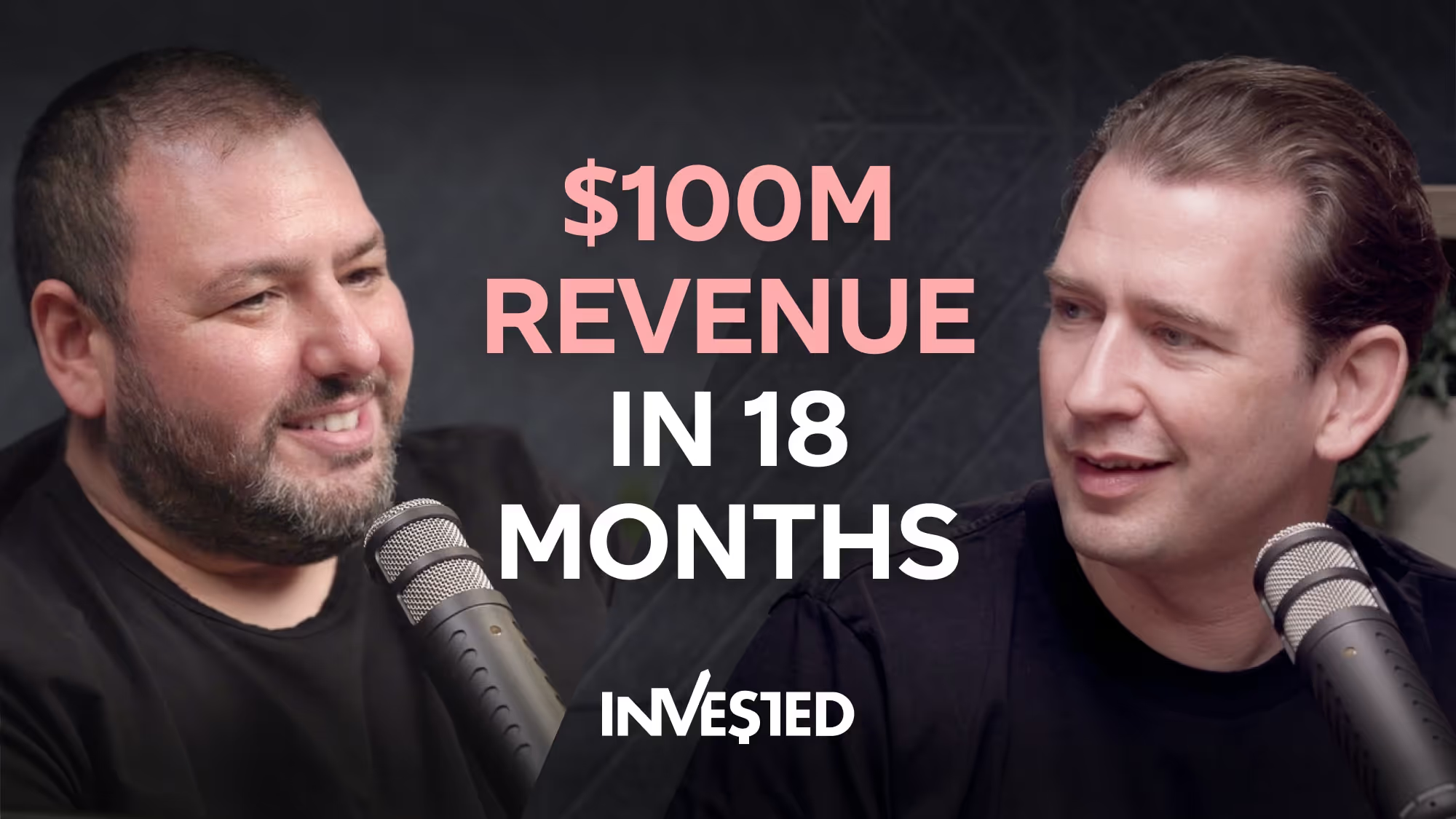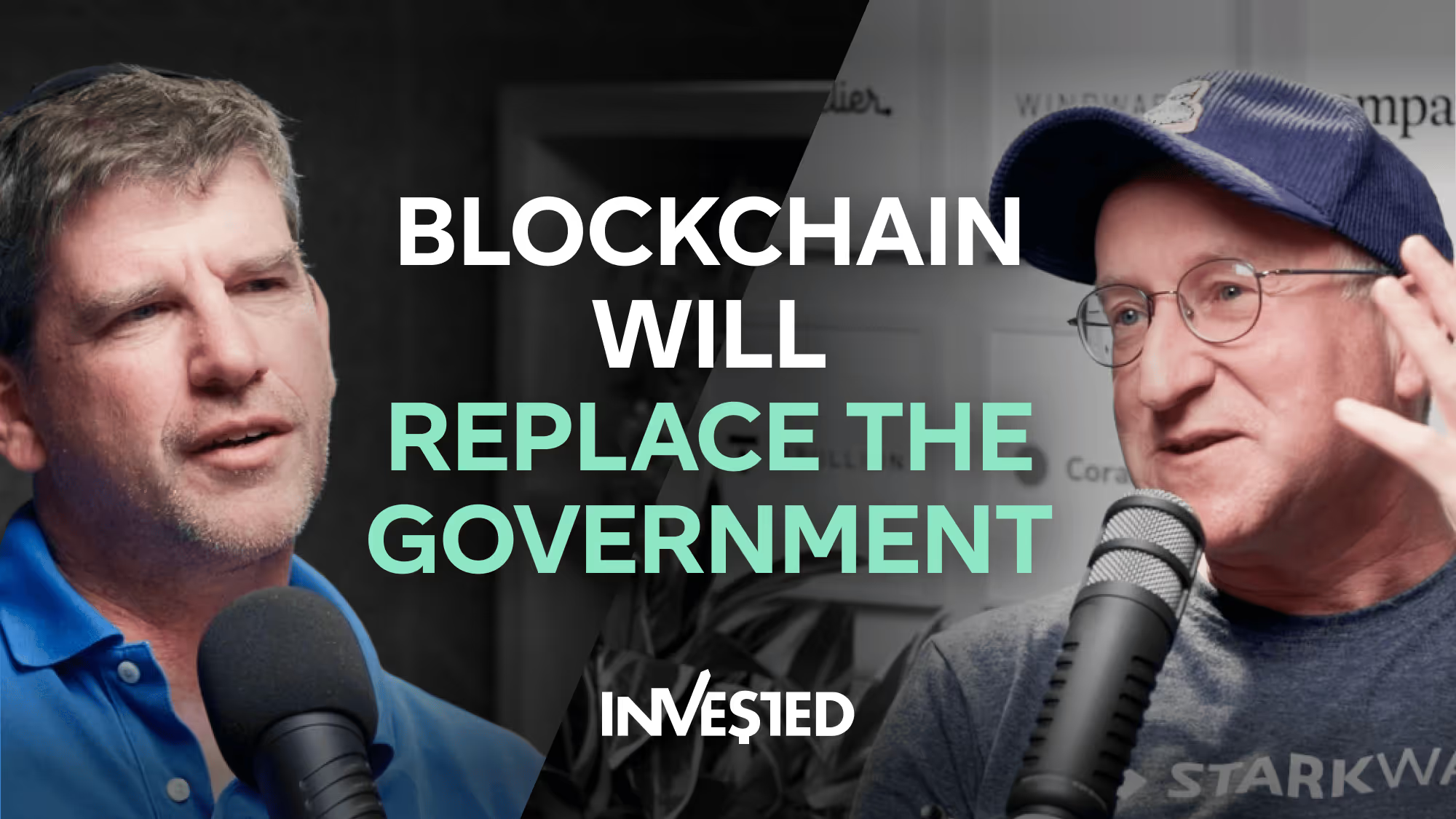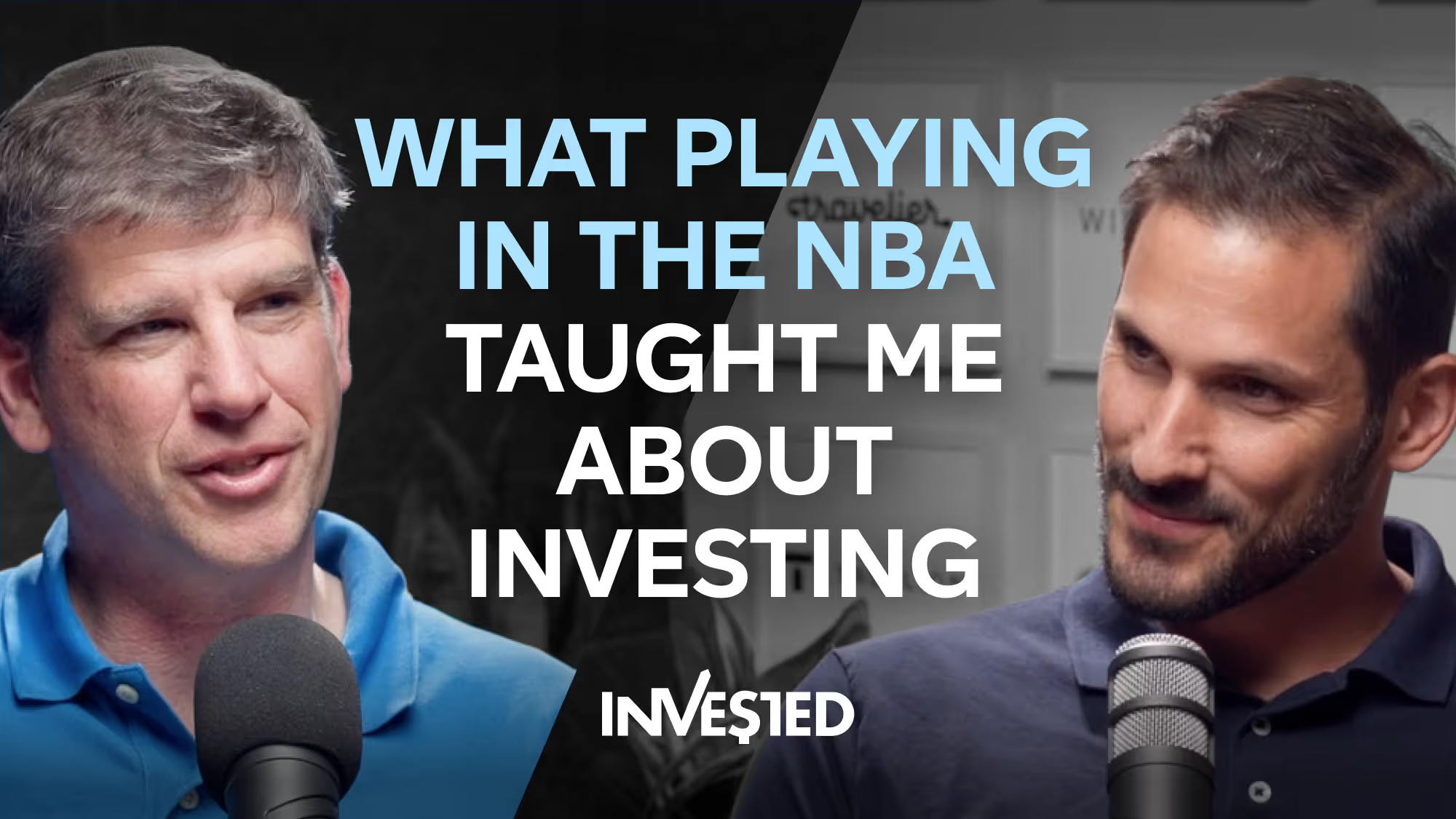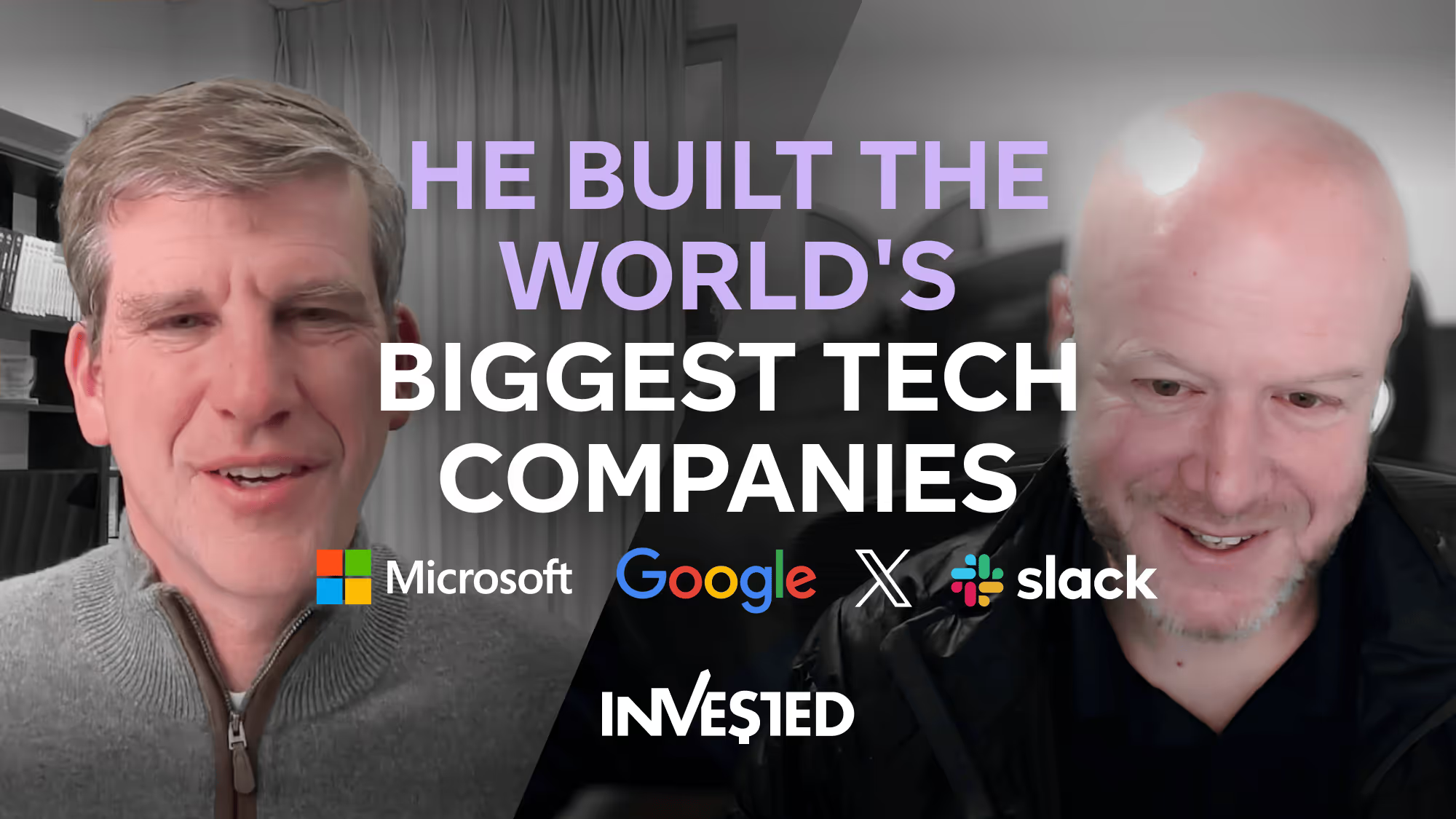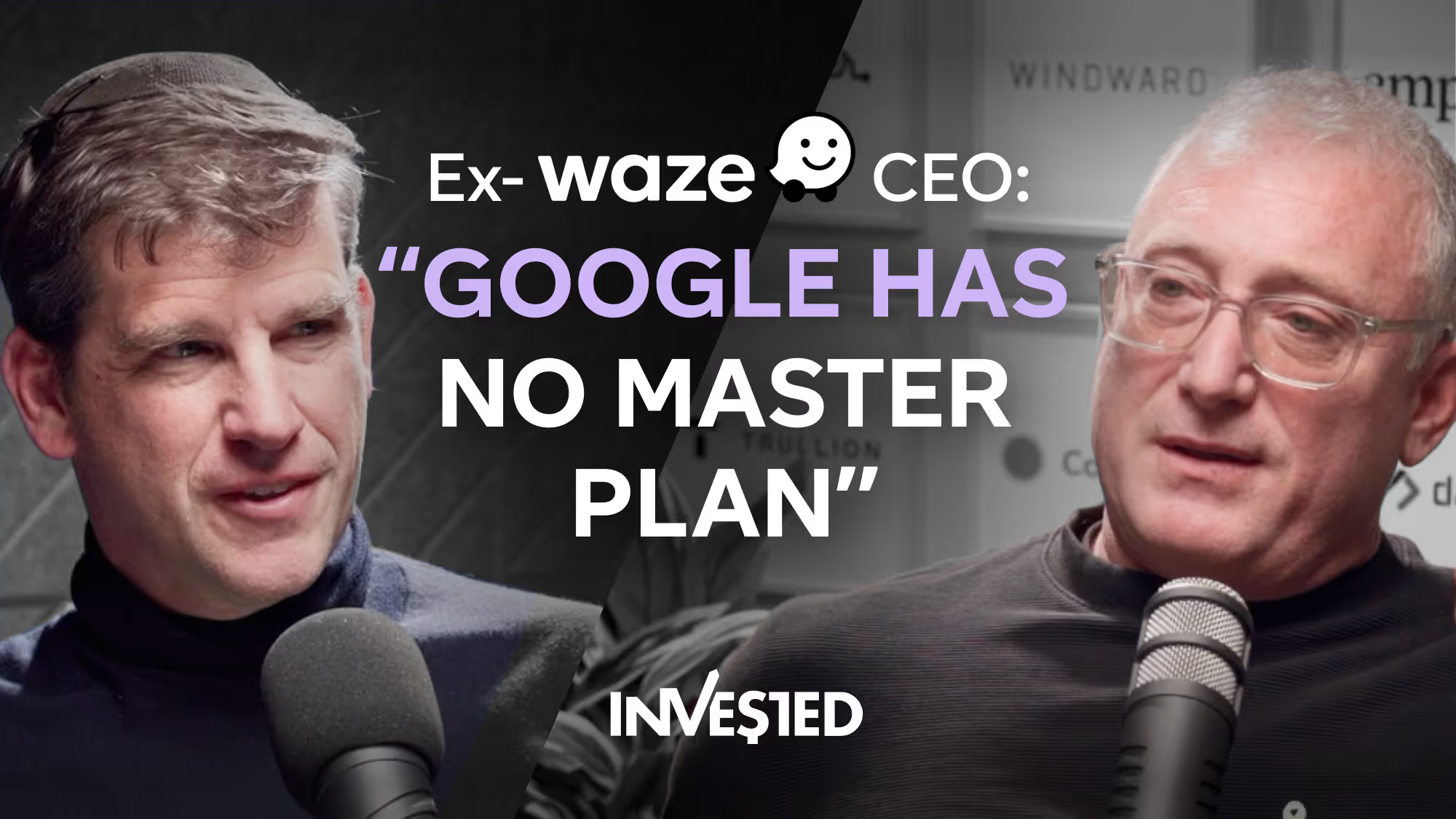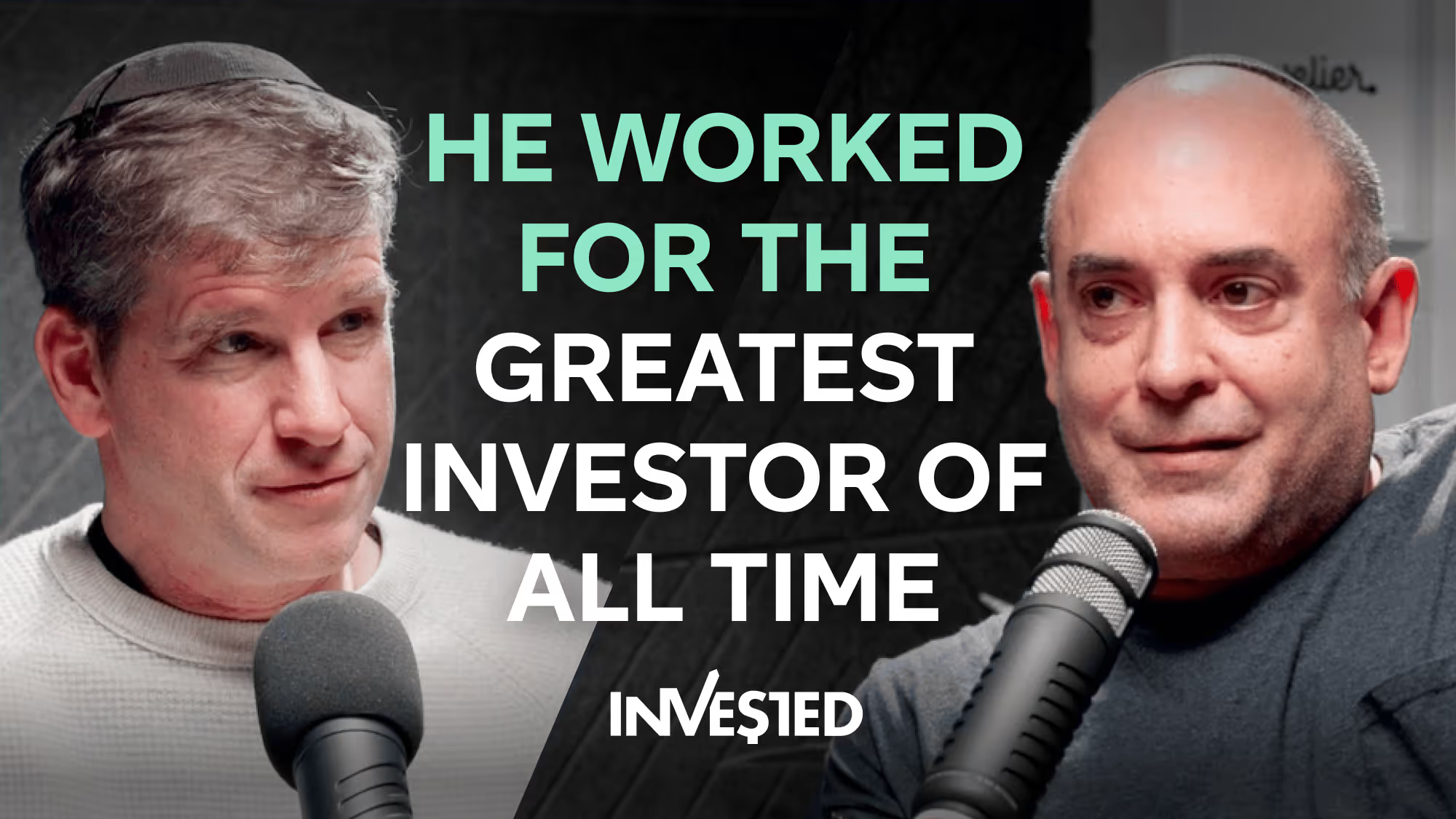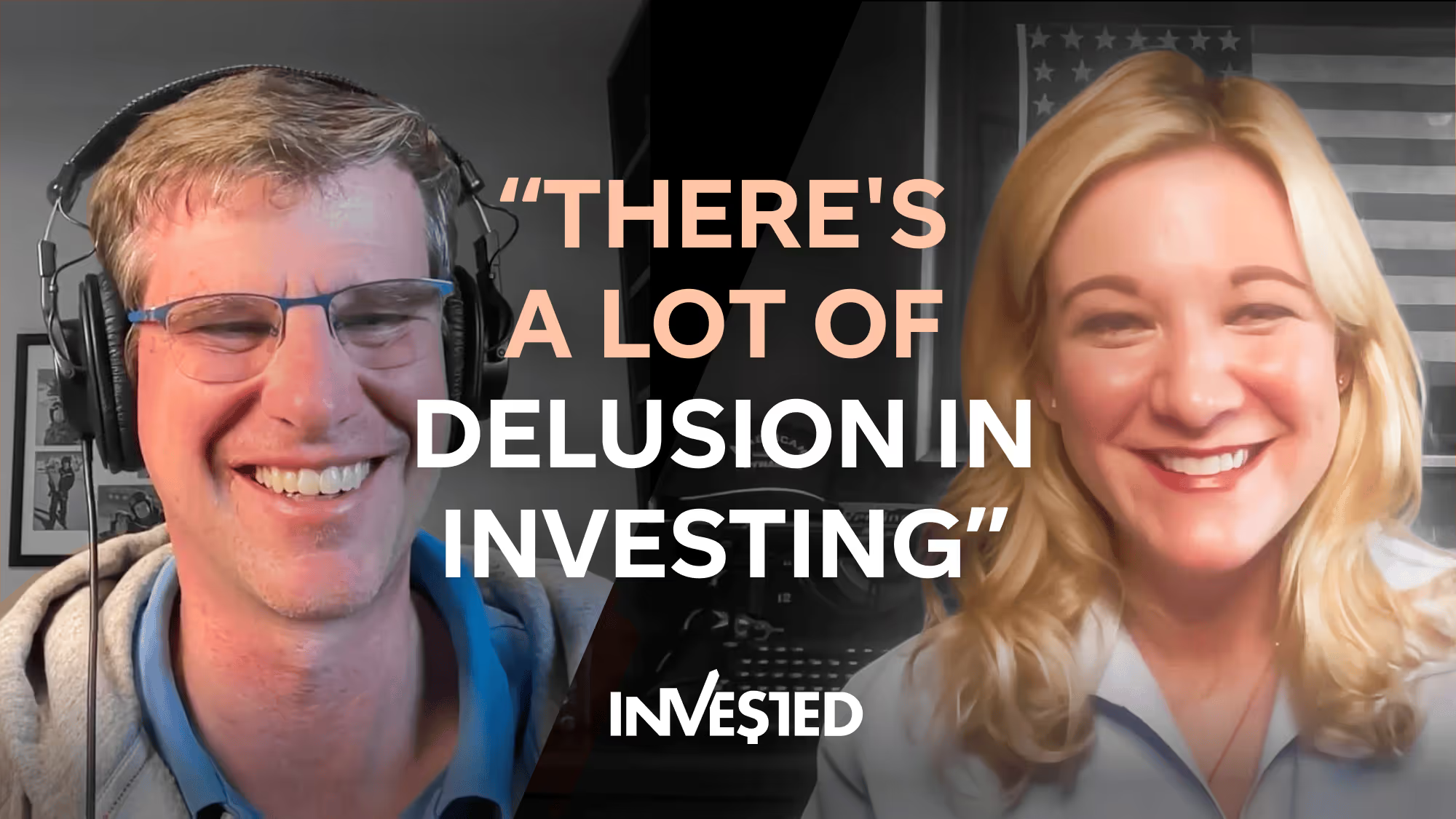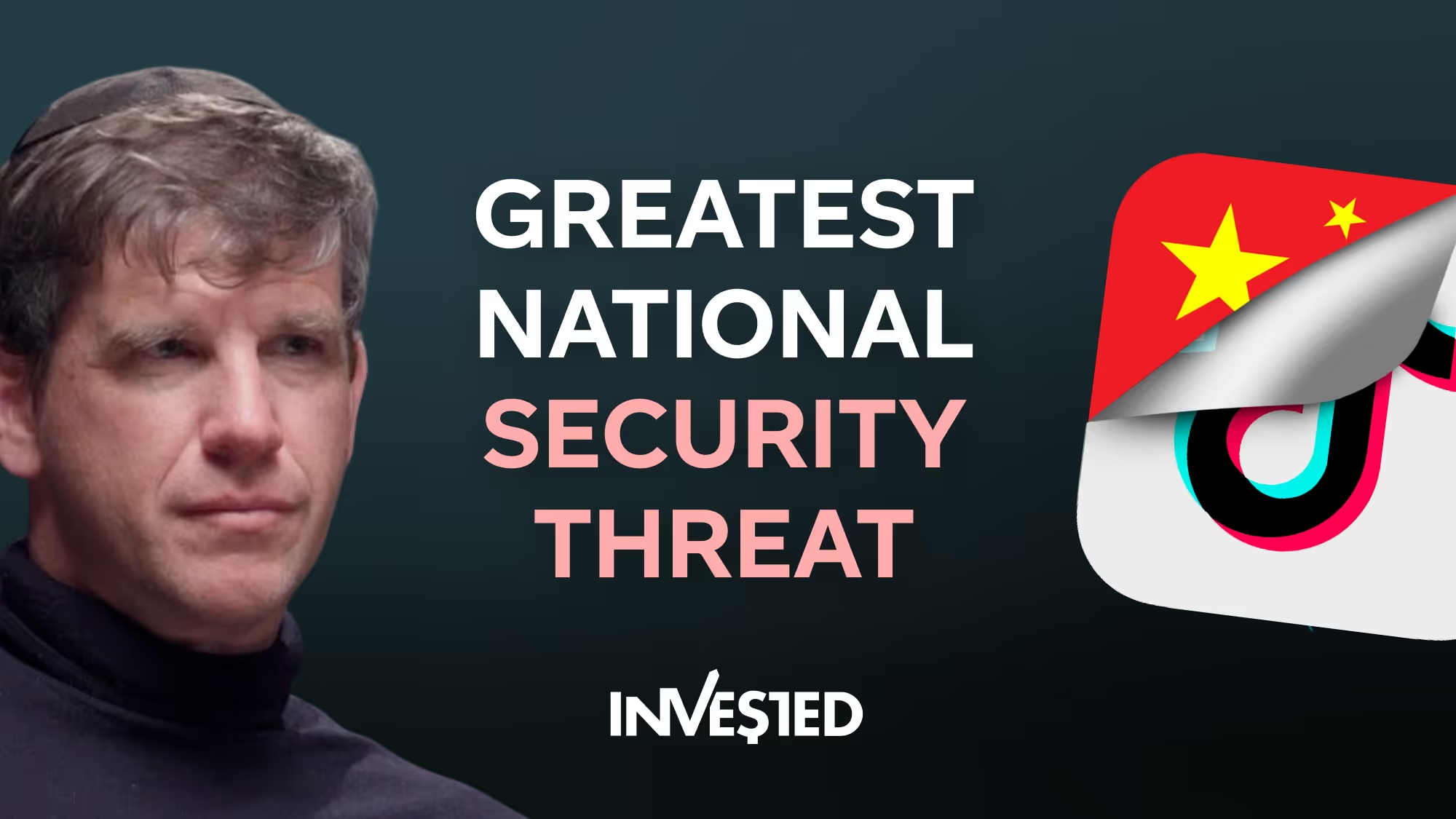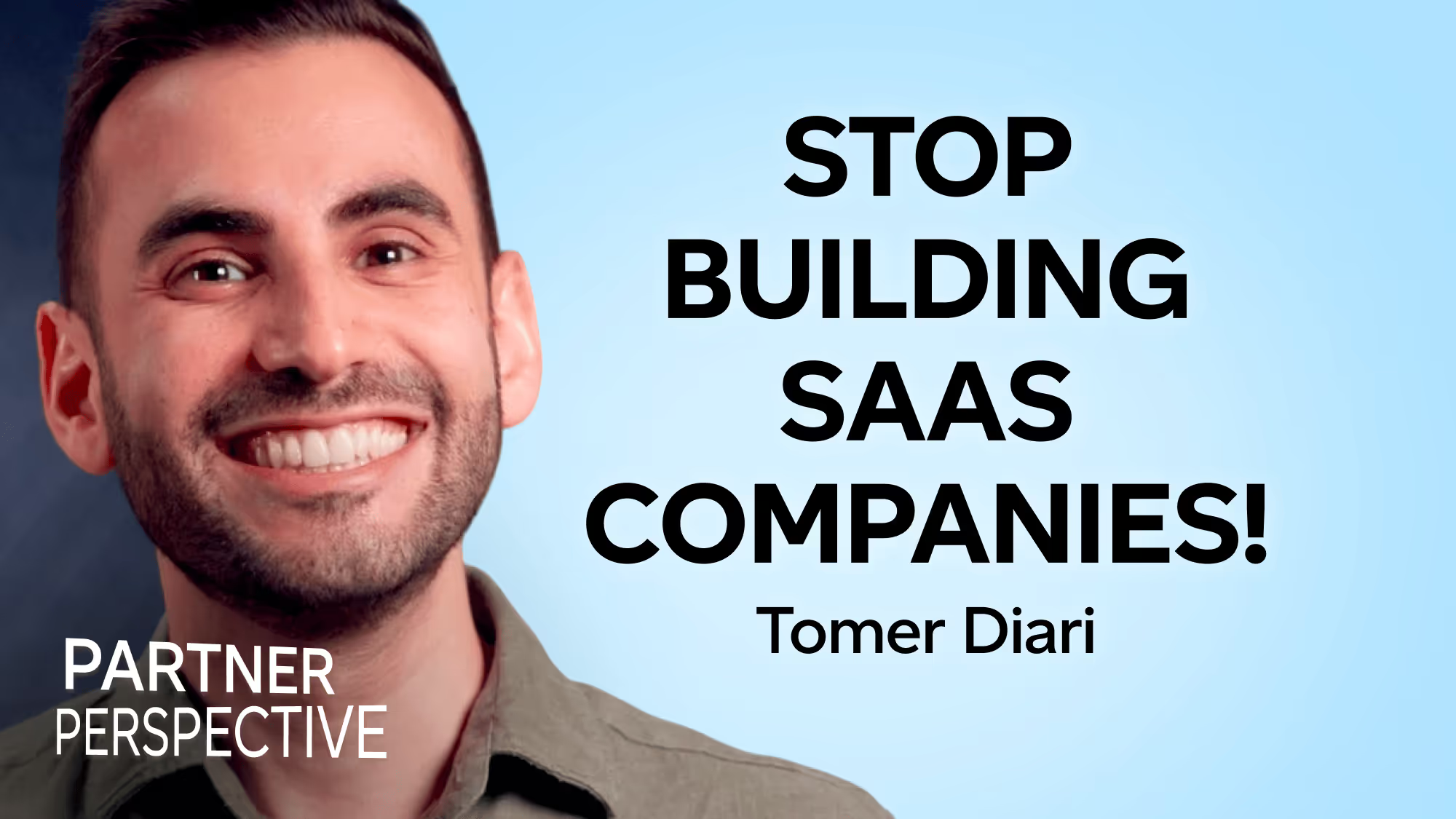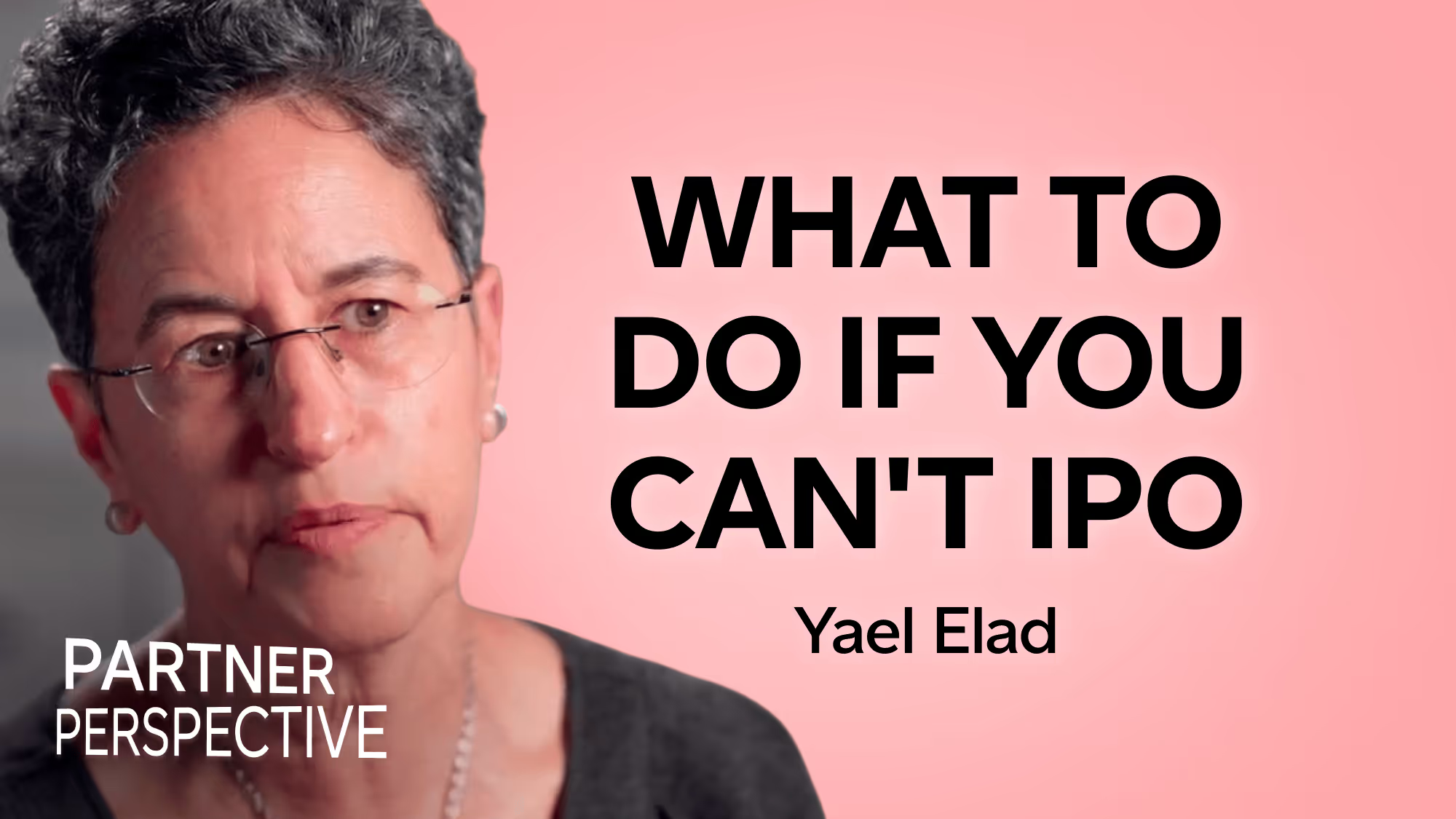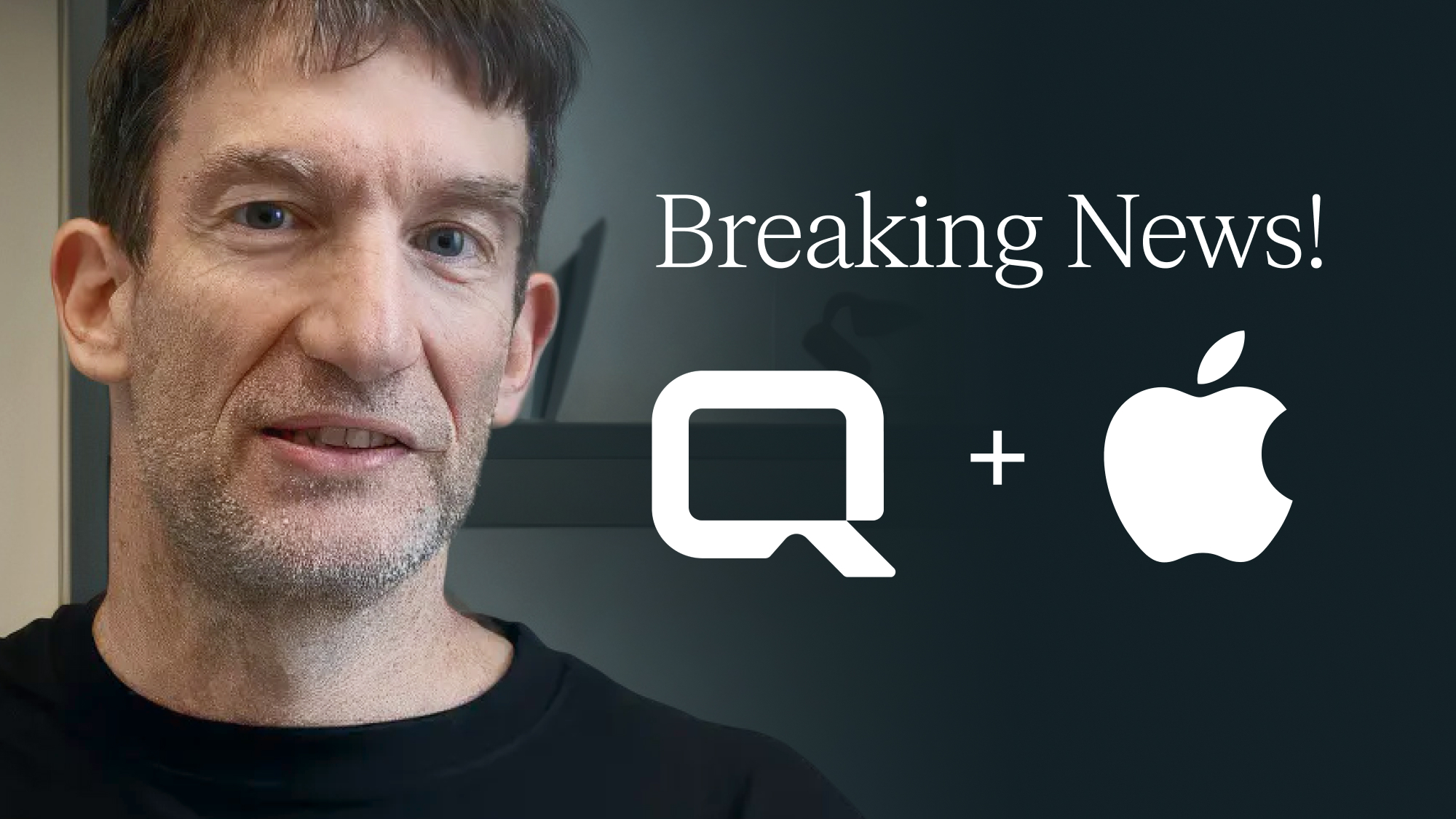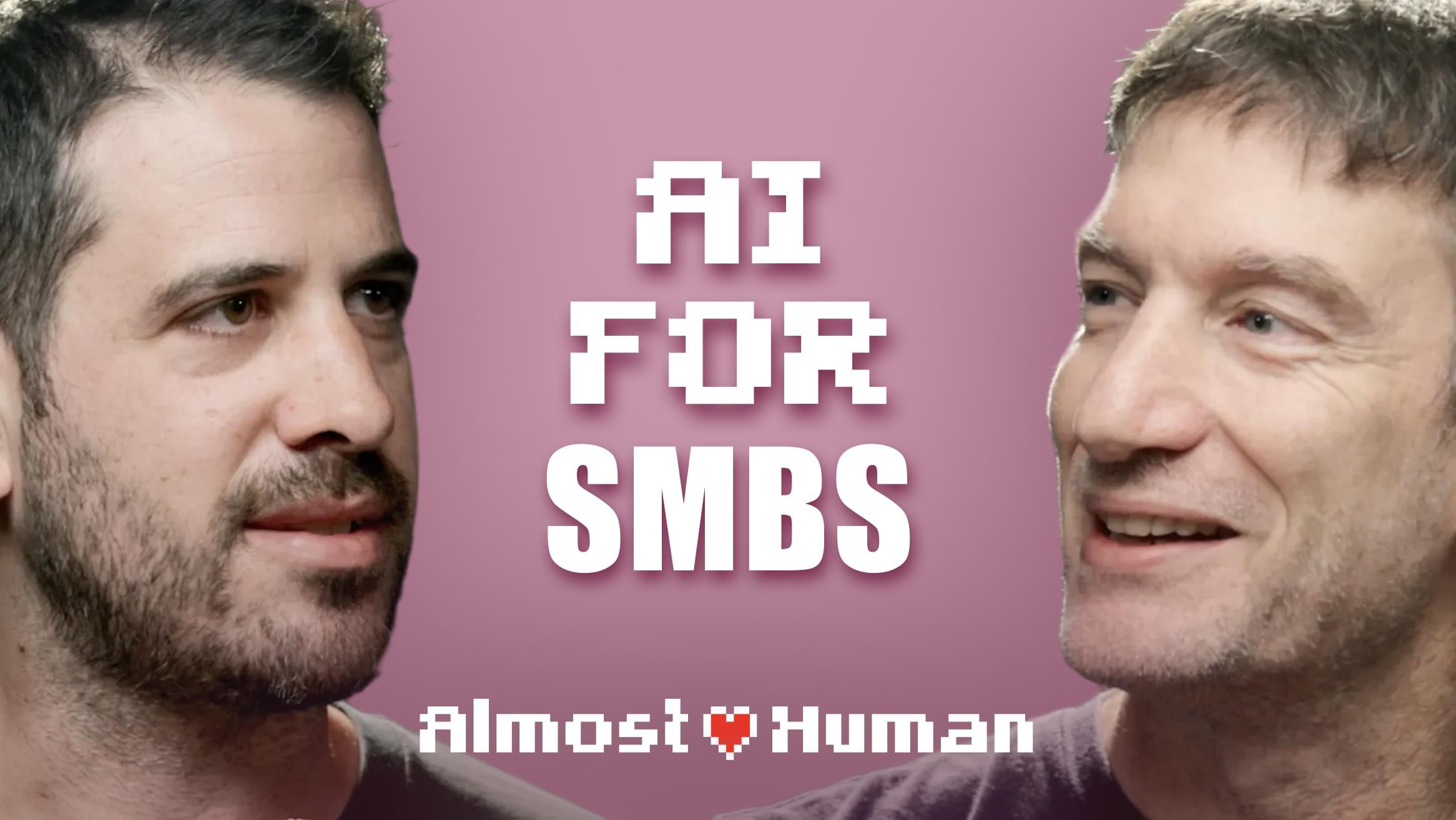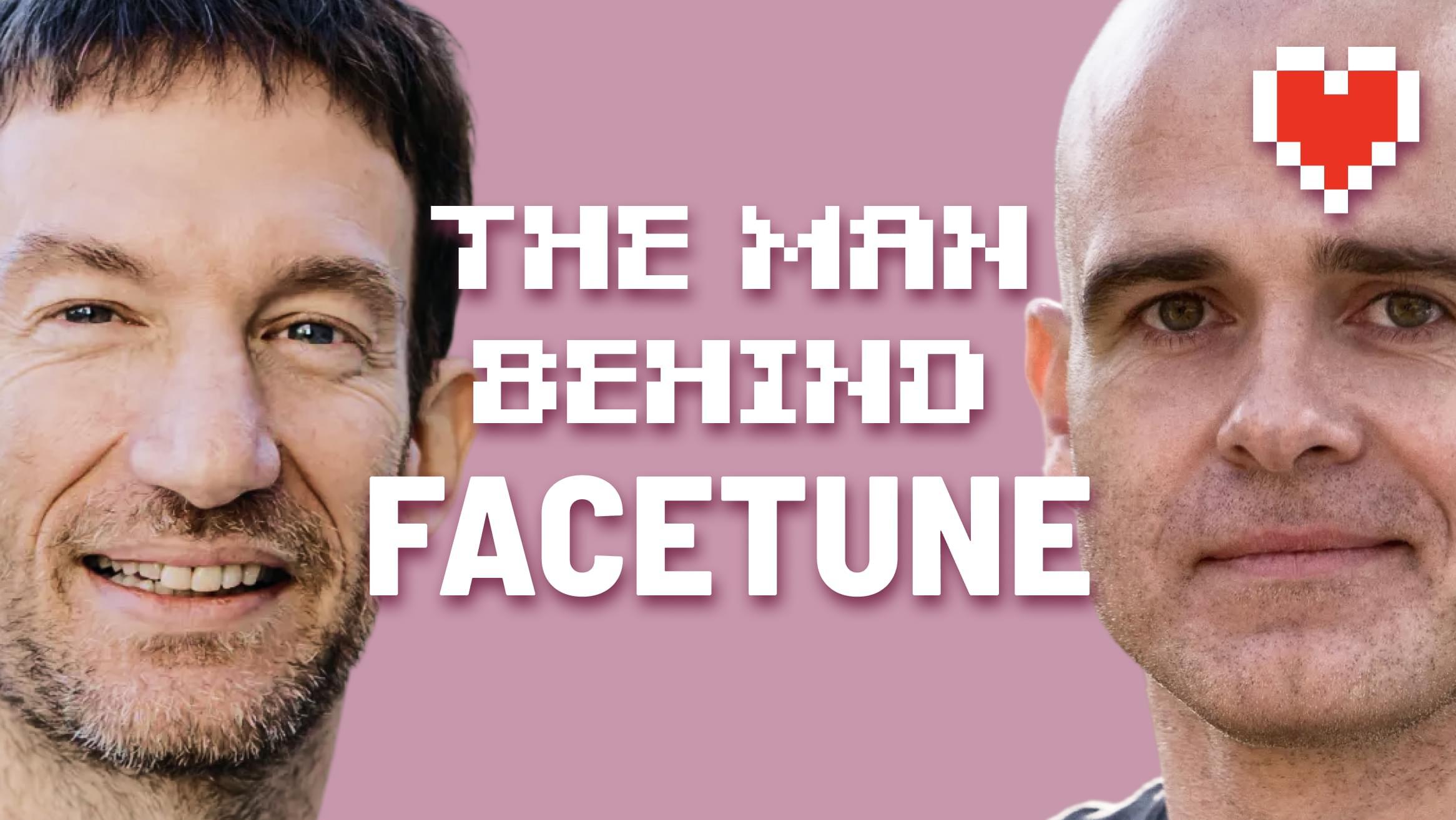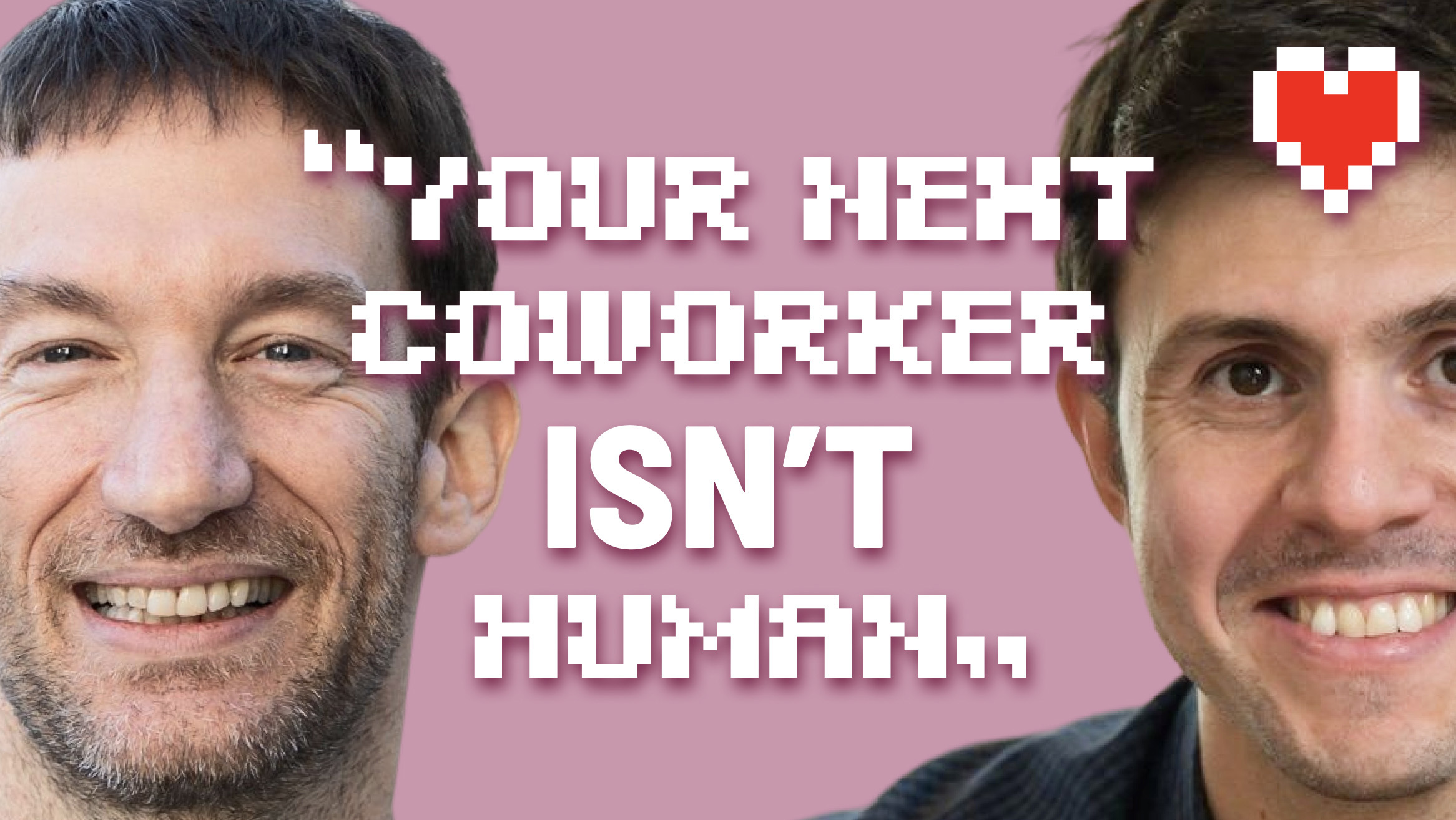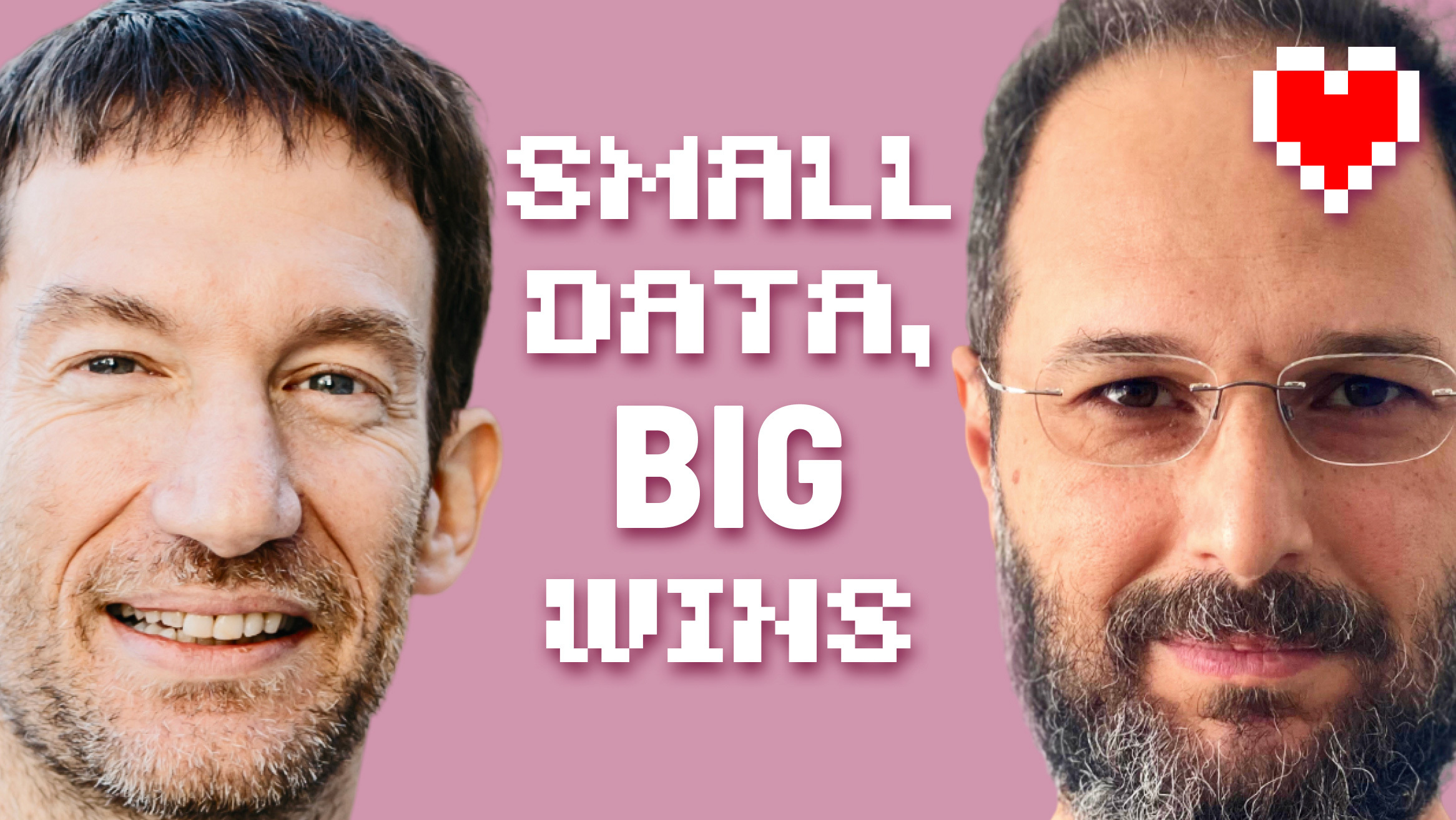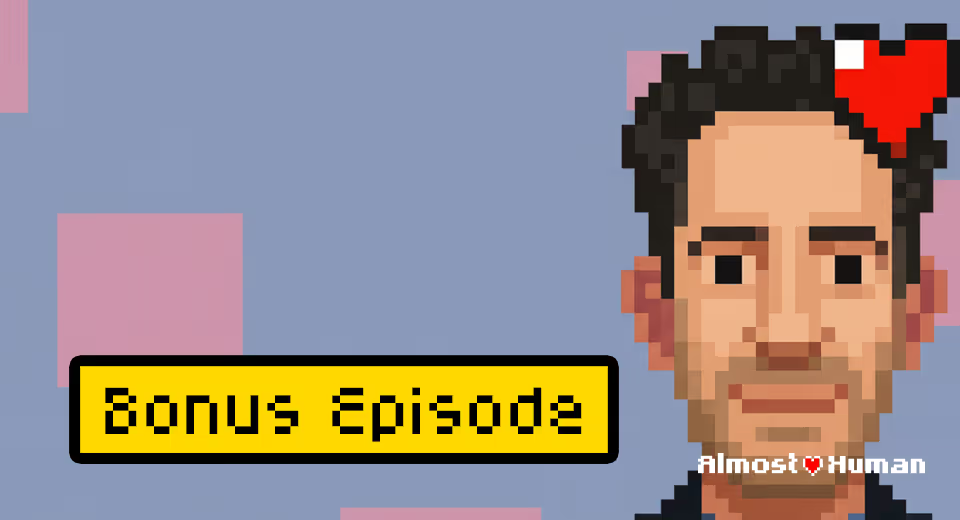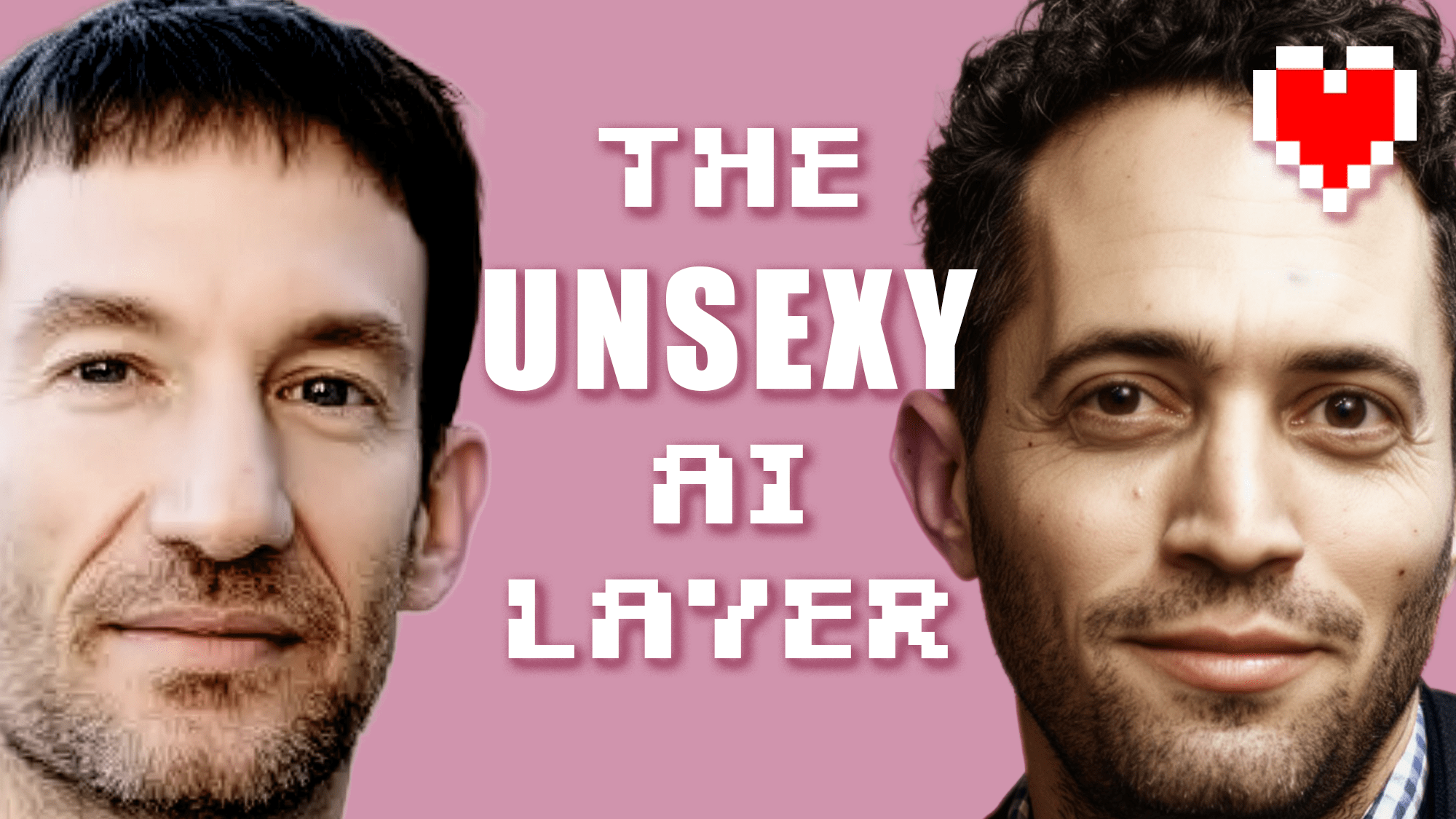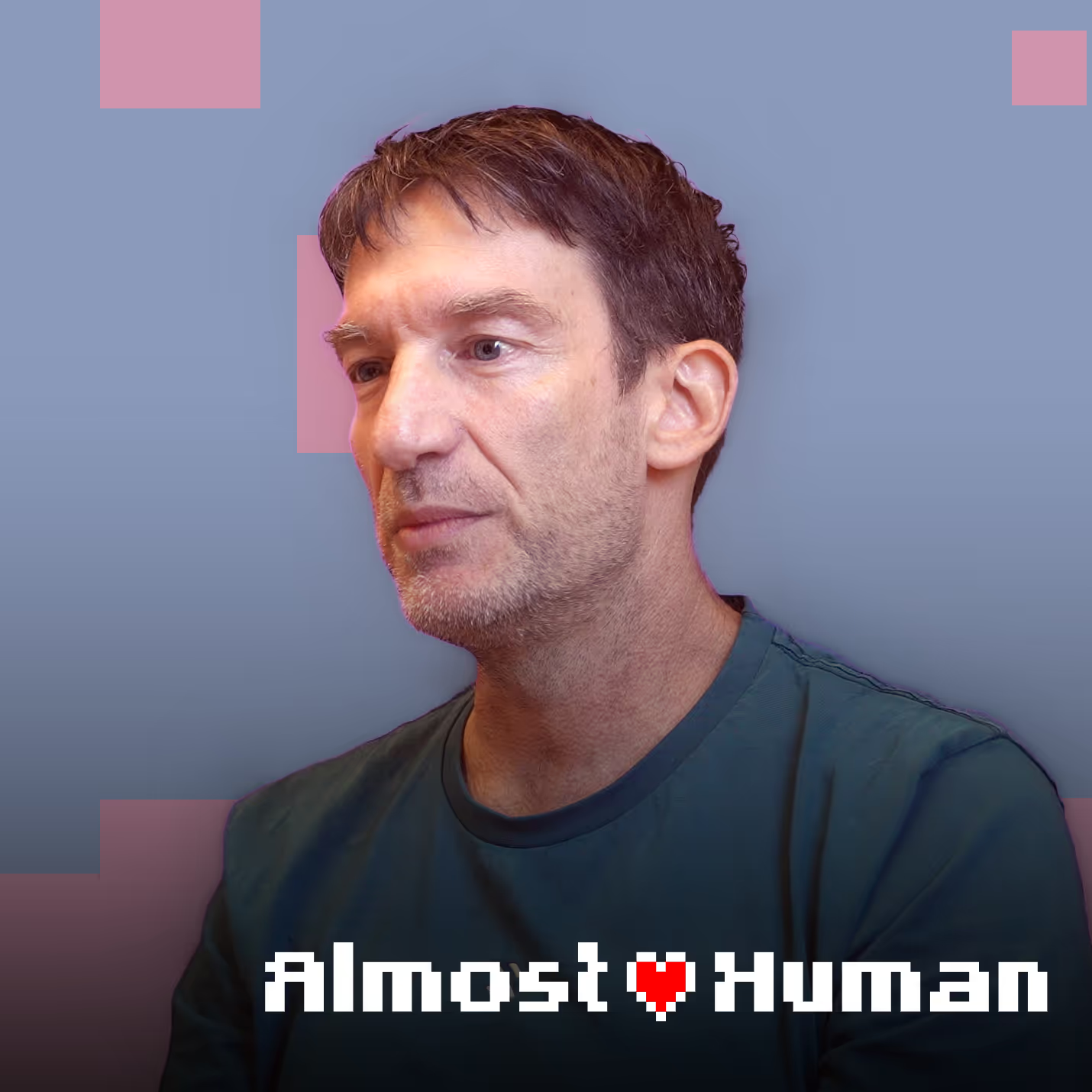Israel <> Iran War



How can values create value? On this podcast, Michael Eisenberg talks with business leaders and venture capitalists to explore the values and purpose behind their businesses, the impact technology can have on humanity, and the humanity behind digitization.
Israel <> Iran War



How can values create value? On this podcast, Michael Eisenberg talks with business leaders and venture capitalists to explore the values and purpose behind their businesses, the impact technology can have on humanity, and the humanity behind digitization.
Israel <> Iran War
Israel <> Iran War
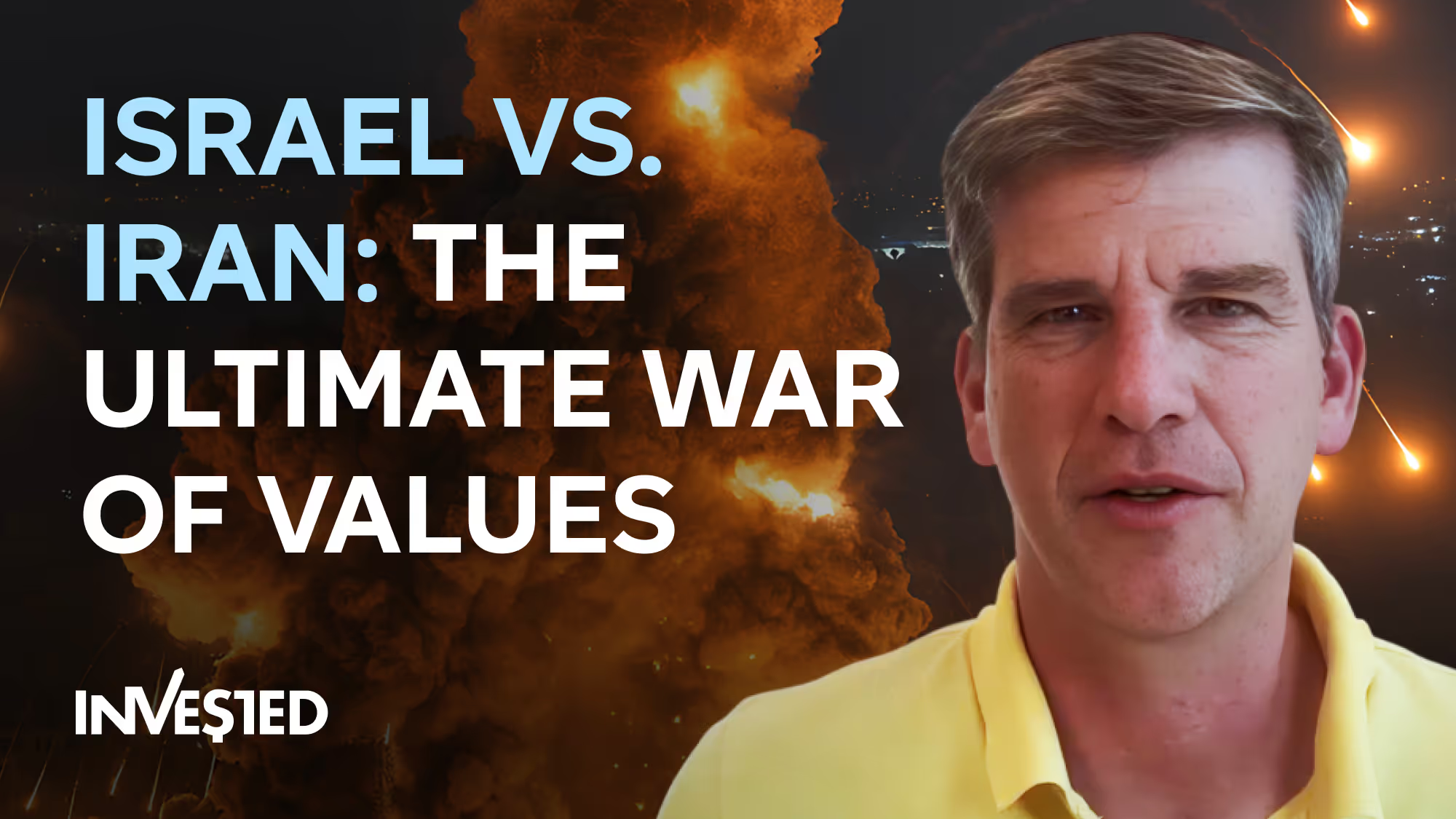
Israel <> Iran War
Israel <> Iran War
In this deeply personal episode, Michael Eisenberg pauses the usual cadence of Invested to deliver a powerful message about the unfolding war between Israel and Iran. Five days into a conflict triggered by Iran’s escalating aggression, Michael shares an unfiltered account of the situation on the ground, from nightly missile attacks targeting civilians to Israel’s unprecedented precision response across 2,000 kilometers.
He explains the motivations behind Israel’s military strategy, the human toll on Israeli families, and the indomitable resilience of a nation innovating under fire–including the story of Shalev Hulio, the CEO of Dream and IDF reservist, who is currently saving lives by day and taking customer calls at night.
This episode is more than a wartime update. It’s a call to understand the moral clarity of the moment, the sacrifices being made, and the profound implications for the future of Israel, Iran, and the broader Middle East.
Listen for a rare, intimate window into a pivotal moment in history–and what it means for the world.
Listen and subscribe to Invested: https://content.aleph.vc/invested
Today is Wednesday, and as happens every other Wednesday, you're probably expecting an episode of Invested. And in fact, we have a super exciting episode of Invested with my friend Sam Arbesman teed up. But it just didn't feel appropriate to release that today, given everything going on in Israel and around the world.
We are now on day five of the war between Israel and Iran. Iran attacked Israel through its Hamas proxy on October 7th, triggering a series of events that nobody could have predicted.
Israel, at some point during this last 20 months, has defanged Hezbollah, another Iranian proxy. Recently, starting five or six days ago, Israel launched what is called a preemptive attack, but in fact is a retaliation against Iran, taking out their air defenses, some of which were taken out months ago, taking out their missile launchers and taking out elements of the regime and their fighting force. Why?
Because Iran was trying to break out and develop a nuclear weapon that they have promised to use on the Jewish State. Often, or always, when people threaten you, you should take them seriously. And the Israeli government has done just that. In what is perhaps the last possible moment, Israel launched a multi-faceted strike using Mossad agents, the Israeli Air Force, in a target so many miles away, almost 2,000 kilometers away from here. And the success has been unprecedented.
But we cannot be complacent. This is far from over. Iranians are firing missiles every night, and sometimes during the day, at Israeli civilians. Whereas Israel took out military targets of the Mullah's regime, Iran is purposely and purposefully firing on civilian centers–on Tel Aviv, on Bnei Brak, on Ramat Gan in the center of the country, on the Weizmann Institute of Science in Rohovot, on the Negev, and in the north. Targeting civilians, killing civilians. There are already over 10 dead Israeli civilians, including babies and older people. There's about a thousand wounded from the Iranian attacks on population centers.
Again, when the Mullahs tell you what they're going to do, we should take them seriously–without nuclear weapons. They're already wreaking havoc on these civilian population centers.
There has been no more just of a war than what Israel is currently conducting. There has never been a more precise war than what Israel is currently conducting. Whereas Iran targets civilians, Israel has targeted military leaders, assassinating two of the generals in the Iranian military, the top generals, along with many nuclear scientists and other levels of the command structure, taking out rocket launchers and missile launchers, nuclear weapons development facilities and other places.
This has been precision warfare at 2,000 kilometers away. Nobody wanted this war. Israel and Iran don't share a border. But the fanatical Islamic region in Iran has threatened Israel. Now, what you're seeing on television and reading in the press does not properly describe what's going on here. So I want to be helpful on two fronts.
One is the economic and technology front, and the other is what's happening in our daily lives. There are a lot of sleepless nights in Israel, because Iran is targeting civilians. People are up all night in shelters, with their kids and babies. In my own home, we have three generations, babies, my children, in-law children, nieces and nephews who come in, and we all gather together in the shelter just about every night. Friends of mine have had their homes destroyed, their apartments broken, offices destroyed. The Weizmann Institute of Science, as I mentioned earlier, had tens of years of research decimated by an Iranian missile. This is some of the most groundbreaking research in the world, including people working on artificial hearts that save lives around the world. Yes, we have been safer–why? Because Israel has invested its money in innovation, and in protecting its civilians, creating shelters, whereas the Iranian regime has sacrificed the GDP and the innovation of that country in order to get into a military race and develop nuclear weapons to wipe out the Jewish state.
When you walk around the destruction and the rubble in Bat Yam, and Tel Aviv, and Ramat Gan, wreaked by the Iranian missiles, you see two things. One is destruction. The other is resilience, of people determined to build back from this. If you listen to the scientists at the Weizmann Institute, what do you hear them saying? Not “Woe is me,” but “I'll build it better. I'll innovate more. I'm going to do more to help humanity.” This is truly a war of light against dark, of evil against good, of people who use brilliant brains of the Iranian people to build nuclear weapons to target civilians, and those who use their brains to build precision innovation and defense, and precision medicine, and biology, and compute for the future. That's the war that we have at hand.
One of our entrepreneurs, Shalev Hulio, who is profiled in today's Wall Street Journal, is the CEO of a company called Dream, which builds AI infrastructure to protect nation states from cyber attacks by the likes of Iran, Russia, China, North Korea. We signed the investment in Dream 30 days after October 7th on the Gaza border, when Shalev was in reserve duty. He's back in reserve duty today. Shalev is part of the Search and Rescue team of the IDF. He's taking people and belongings out of buildings that have been destroyed by the Iranian missiles, by this evil Iranian regime. He gets up early in the morning, gives the employees of Dream their charge for the day to keep developing products and delivering to customers. And during the day, dons his uniform, rescues people from buildings, and at night, he talks to new and current customers, assuring them that we'll deliver on time. Because Shalev's message is exactly the message of all our portfolio companies and all of Israeli tech, which is, “We deliver, it doesn't matter what.” Since October 7th, it's been true. And since five days ago, when the war with Iran started, it continues to be true.
Not only that–Emmanuel Macron, the President of France, may have noticed, decided to hide Israeli innovation at the Paris Air Show. Don't worry, it's on display in Tehran, as many have said before me. It's working just fine. This war of the last 20 months is producing some of the most brilliant technology innovation ever in history. It has accelerated development of AI, of precision, of what we do with our GPS, of a million things that are needed in both the civilian and the military world. Israel is already growing both its technology base and capital base since October 7th. Some of the greatest investors in the world, Accel, Sequoia, Andreessen Horowitz, and others have turned up in Israel and opened up shop since October 7th. And now, we expect that to accelerate. Once this war with Iran is over and there is a decisive victory over the evil mullahs, the Ayatollah, and the Islamic regime, Israel will become a center of regional prosperity, a regional superpower, as I described in one of my recent books. We have the opportunity here.
Let me help you out with a bit of geography. Iran sits at an important geographical point on the other side of the Persian Gulf from Saudi Arabia and UAE. One is a member of the Abraham Accords. One may hopefully become in the future.
I'm a member of the Abraham Accords. And they threaten these countries. They threaten the UAE. They threaten Saudi Arabia and others. That's what the Iranians do. They're on this critical trade route. They threaten to close the Straits of Hormuz. When the mullahs are out of power there, we can imagine a trade route that is open through the Persian Gulf. We can imagine that the IMEC trade route that President Trump has supported, the India-Middle East corridor, will flow smoothly, not only via the seas and into the western side of Saudi Arabia, and parts of the UAE, but also up the eastern side through the Persian Gulf.
Iran, which sits right on the BRI–the Belt and Road Initiative of China–and is an important feature of it, can be brought over when the people rise up and overthrow the mullahs, to IMEC, to the western sphere.
The Iranian people have suffered under this regime for almost 50 years. They have kindred spirits to Israelis. We see them. They're sharing locations for Israel to attack. We know them. We are them. They were wonderful relations–innovation relations, technology relations, military relations between Israel and Iran before Ayatollah Khomeini and the radical Islamists rose to power. And this will be the future as well.
Now, these times are challenging. It's really difficult for people running to shelters at night. You need to understand this. It's really difficult. It's hard to pick up your baby in the middle of the night and run down to a shelter. It's hard to have to work from home again. It isn't COVID. This is people sending missiles. It's hard to work from home again. But this pressure cooker generates the resilience that is the hallmark of the state of Israel and the Israeli people.
This pressure cooker generates innovation, and it's on full display now, in Tehran, and not only. The bravery of the Mossad agents, of the Air Force pilots, of everybody else enables Israelis to aspire ever higher to make a positive mark on the world. And another thing before I finish, we cannot forget with everything gone on in Iran, that there are still tens of hostages held in Hamas dungeons in Gaza.
And our soldiers are hard at work there fighting the forces of Iranian evil, Hamas, in Gaza. And so, what you're seeing is the commitment of Israel and its young people to doing good, to rooting the world of evil, to doing the best job for it in rooting the world of the Iranian leadership,
of the Iranian ability to build nuclear weapons. And for some of the people who say this is against America first, people listening to the United States, I want to tell you something. This is America first. Israel is not asked for one single American boot on the ground, but it is helping to solve one of the sources of fentanyl. It is helping to solve one of the biggest forces of instability in the world. It's helping to drive down the cost of living, because the threatening Iranians keep the price of oil up. Because the threatening Iranians close down the Straits of Hormuz, raising prices everywhere. Israel is fighting this on behalf of the world, on behalf of making America great, on behalf of America first, on behalf of the rest. Be certain that we will prevail, but be certain of something more important yet. Our economy will flourish as an anchor for regional prosperity, that will extend from Israel to Saudi Arabia to the UAE and across the Persian Gulf to Iran as well. We will build an economic unit here, bringing in the 90 million Iranians into this economic Abrahamic brotherhood, opening up markets, opening up innovation, and opening up energy flow to make this region the future most prosperous region in the world. It's coming. Come join us and be a part of it. Don't be a naysayer. It's going to happen.
God bless.
Subscribe to Invested
Learn more about Aleph
Subscribe to our YouTube channel
Follow Michael on Twitter
Follow Michael on LinkedIn
Follow Aleph on Twitter
Follow Aleph on LinkedIn
Follow Aleph on Instagram
Executive Producer: Erica Marom
Producer: Yoni Mayer, Myron Shneider
Video and Editing: Ron Baranov
Music and Creative Direction: Uri Ar
Content and Editorial: Kira Goldring
Design: Rony Karadi
Subscribe to Invested
Learn more about Aleph
Subscribe to our YouTube channel
Follow Michael on Twitter
Follow Michael on LinkedIn
Follow Aleph on Twitter
Follow Aleph on LinkedIn
Follow Aleph on Instagram
Executive Producer: Erica Marom
Producer: Yoni Mayer, Myron Shneider
Video and Editing: Ron Baranov
Music and Creative Direction: Uri Ar
Content and Editorial: Kira Goldring
Design: Rony Karadi

